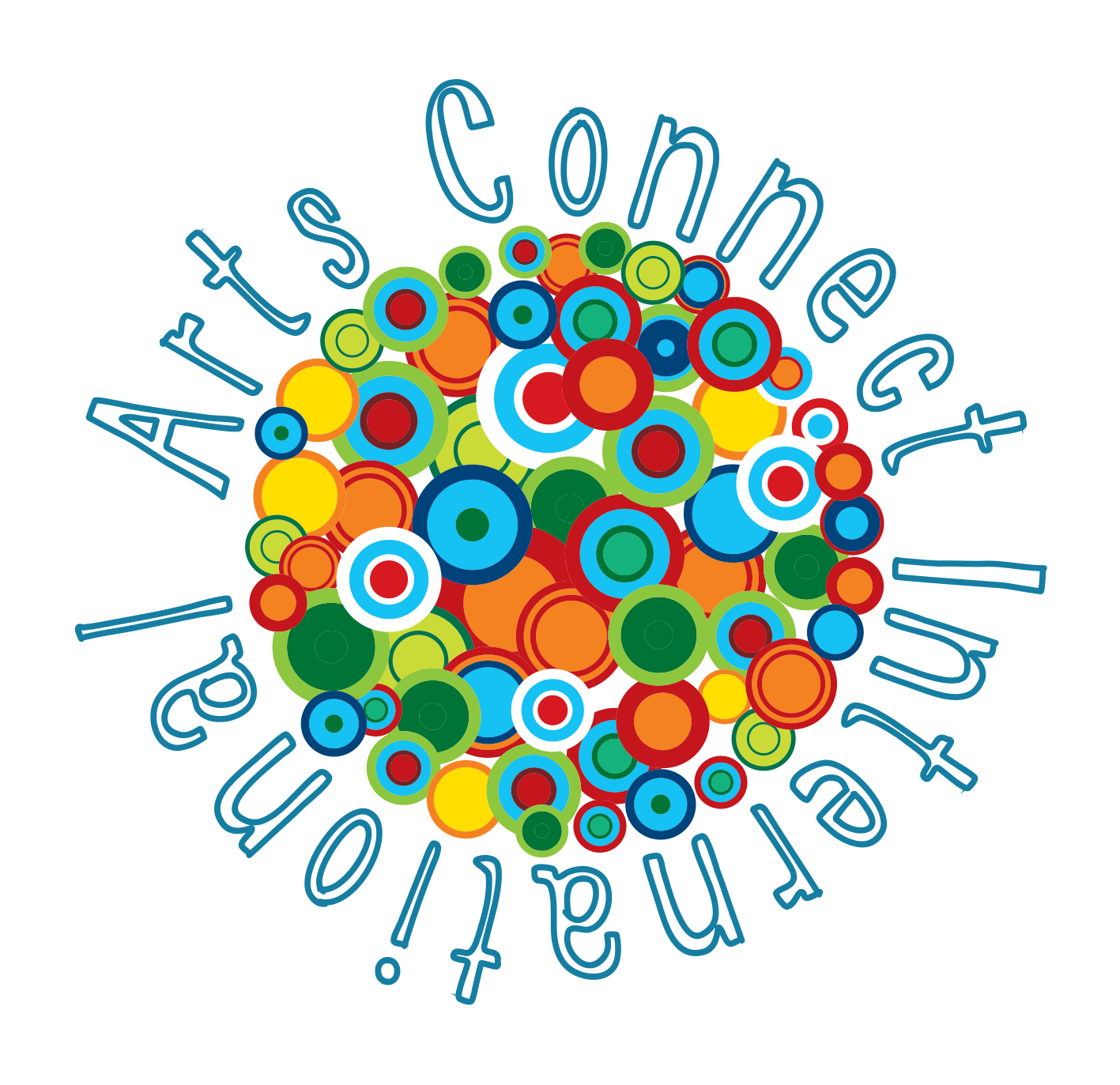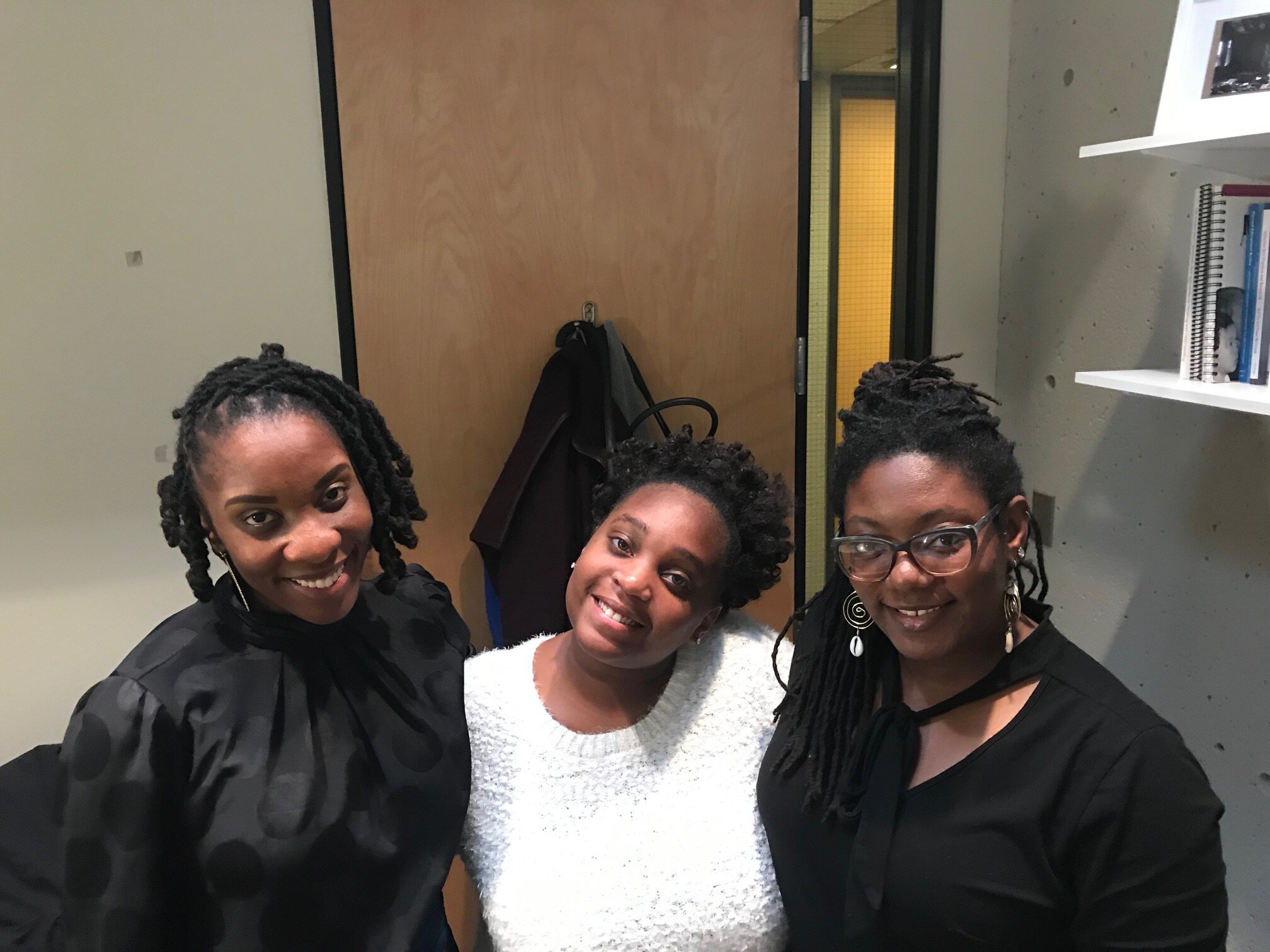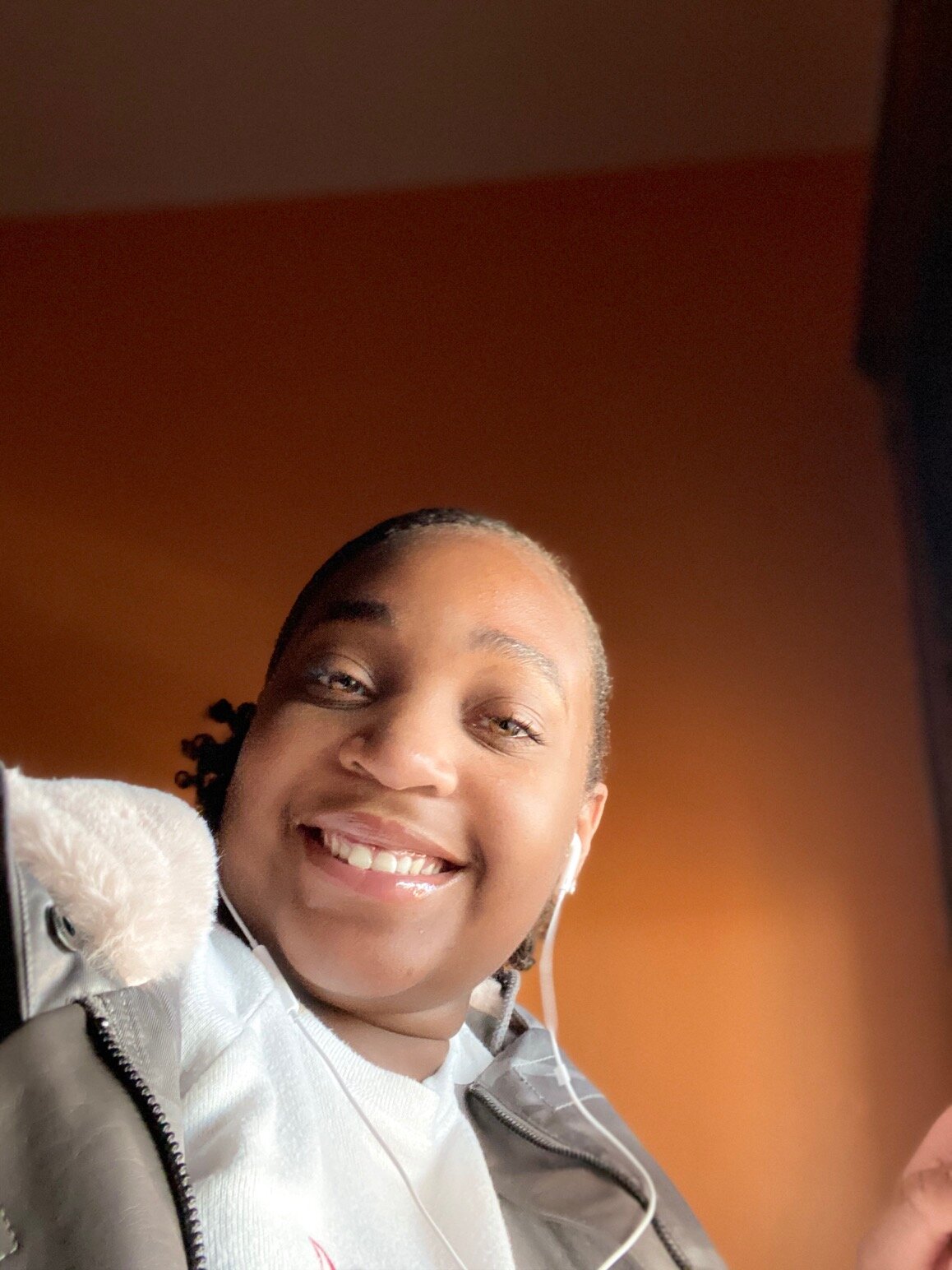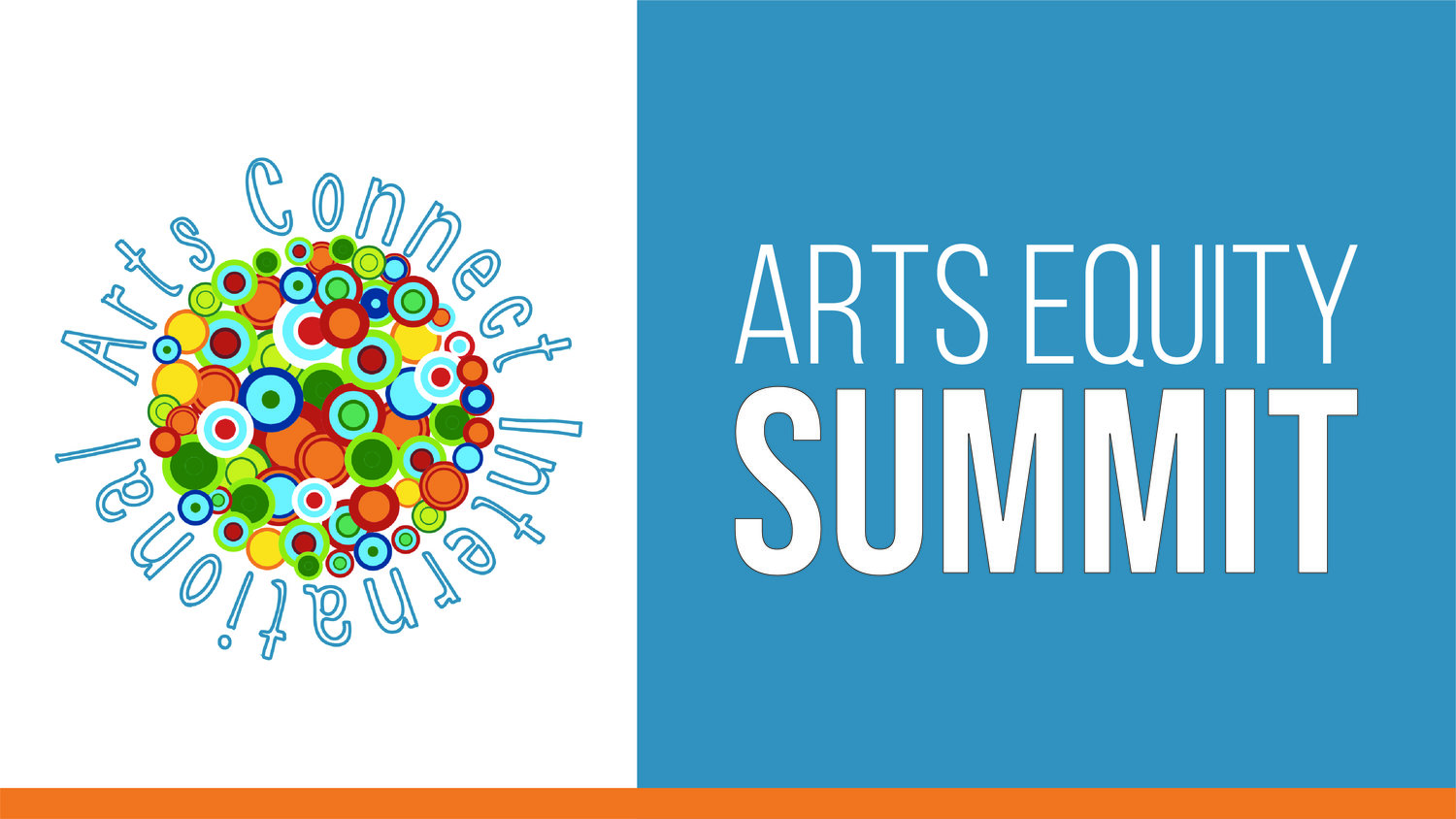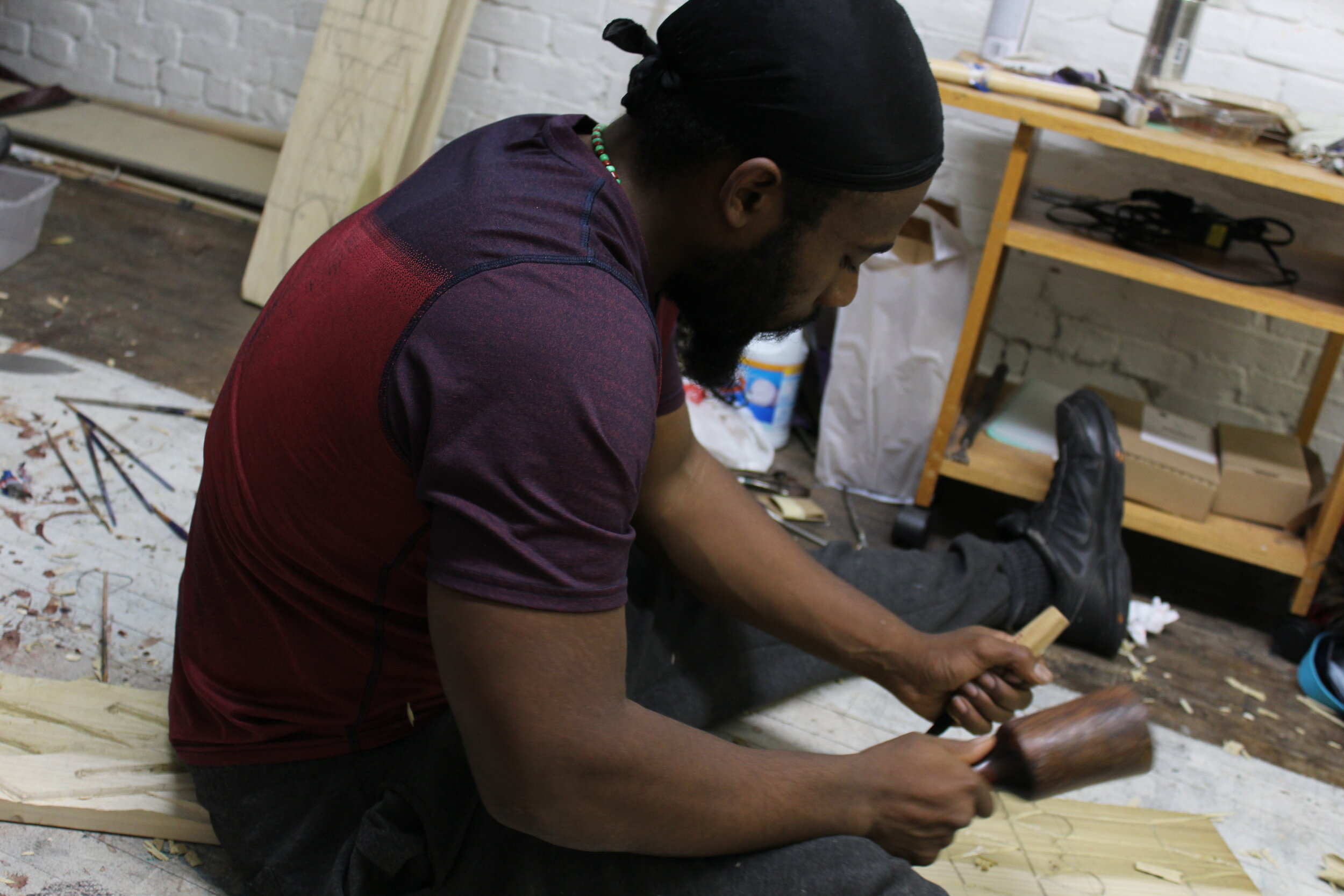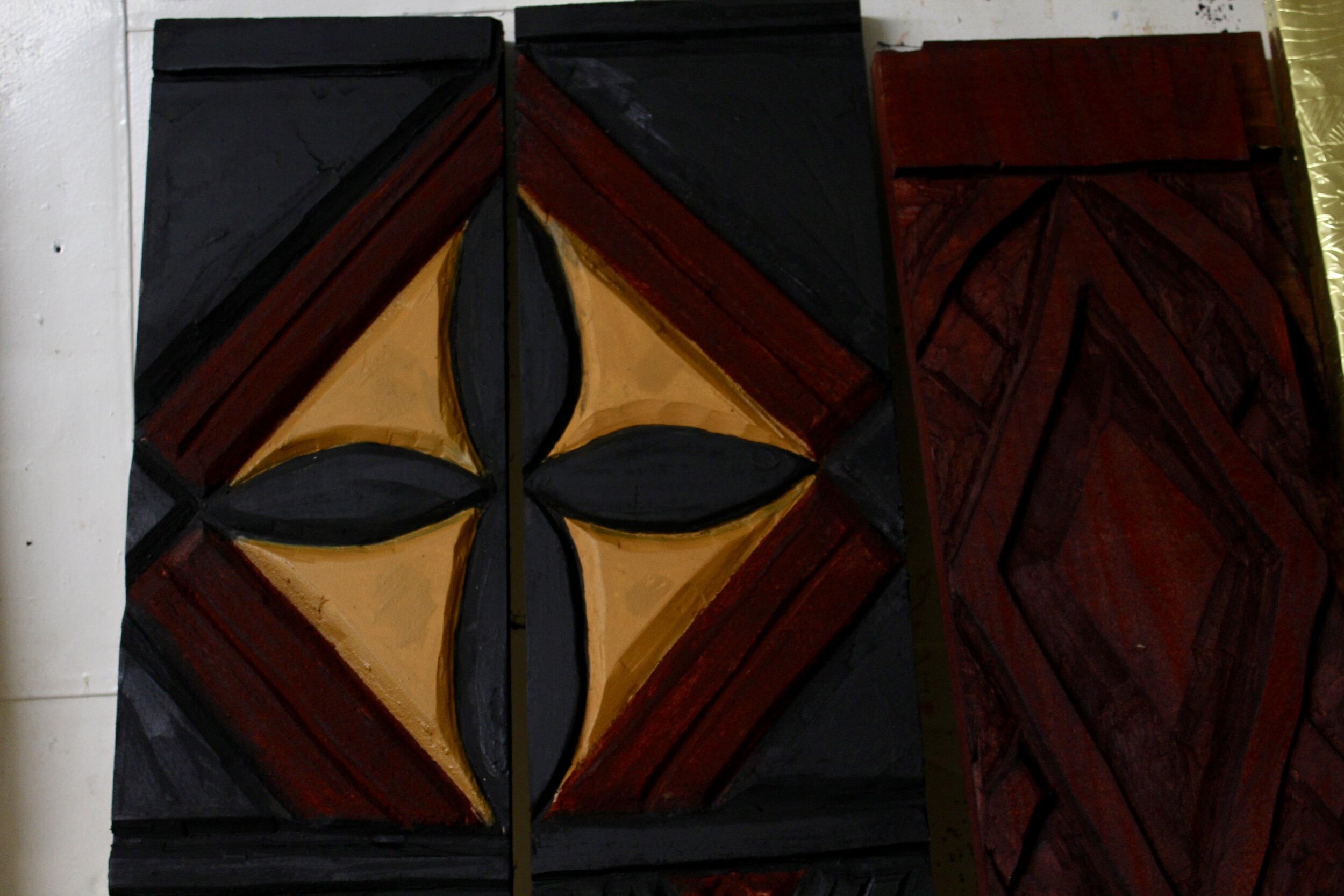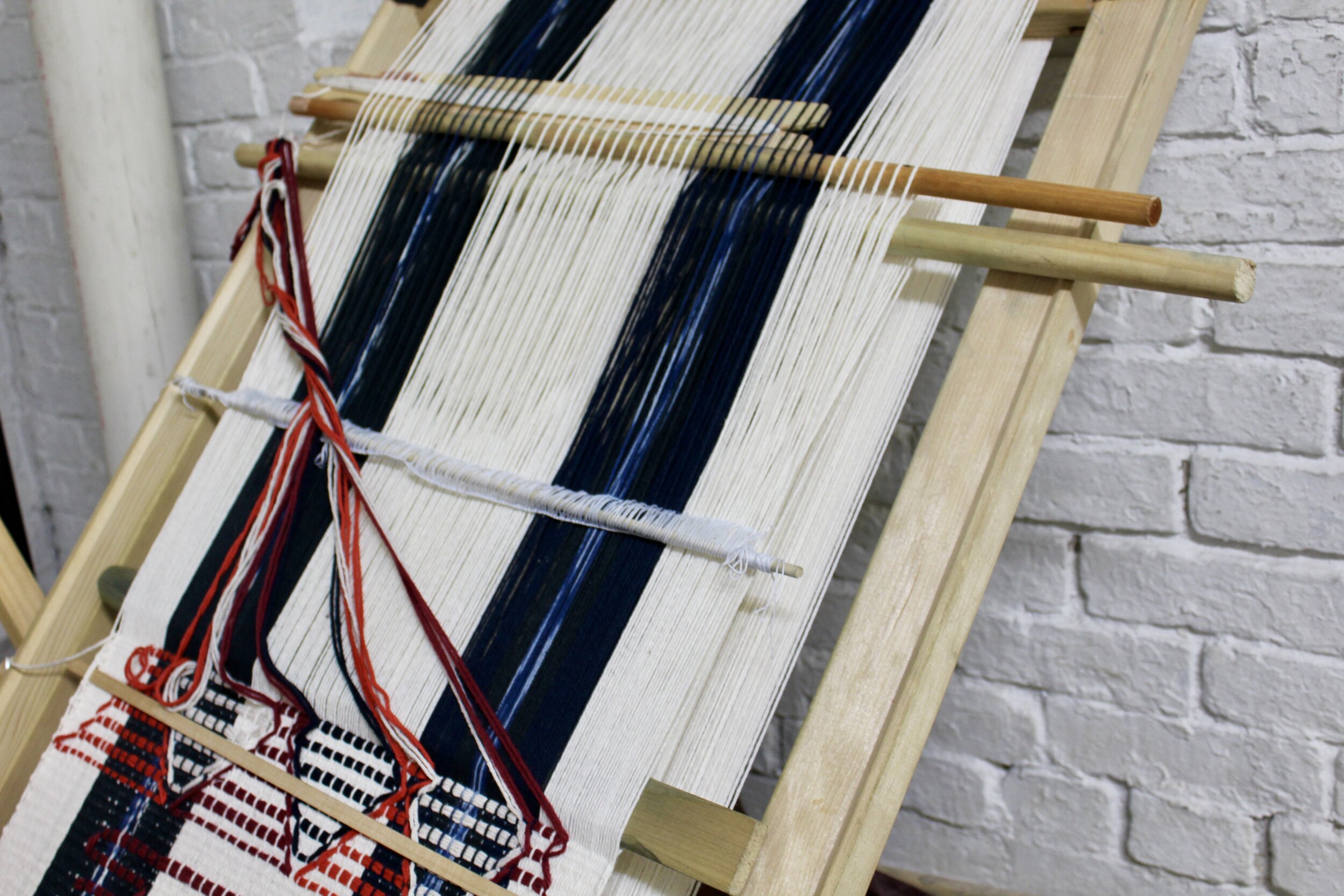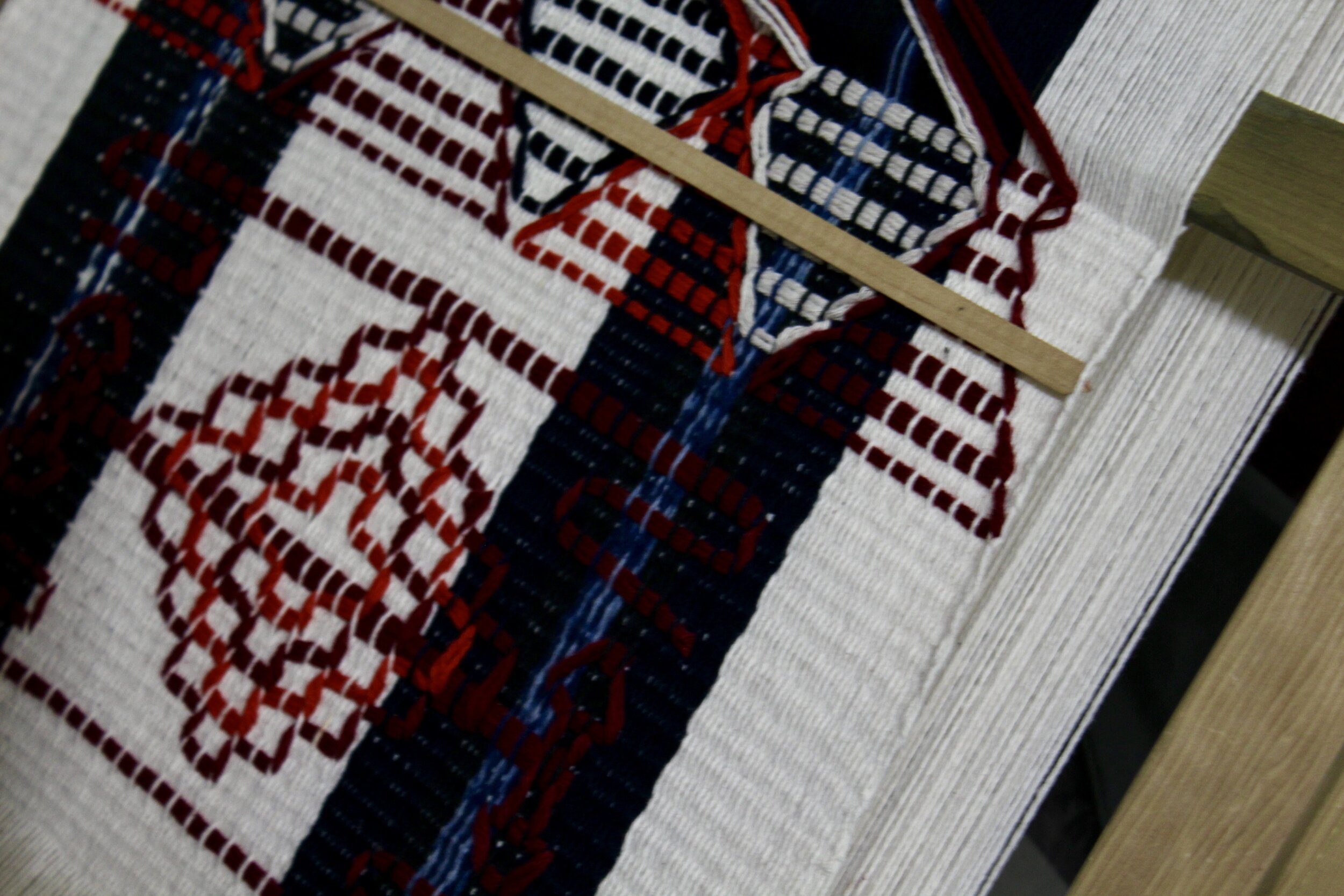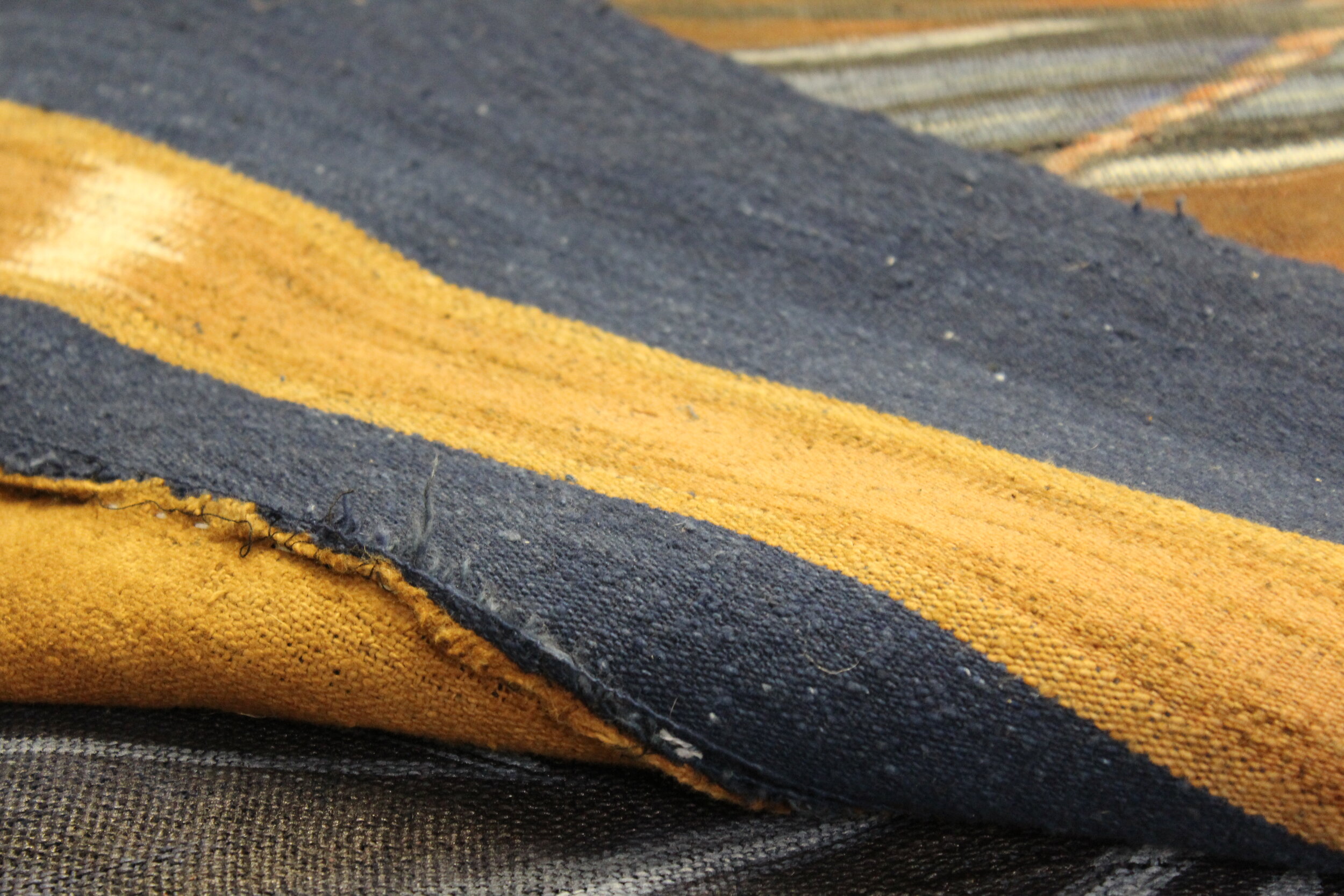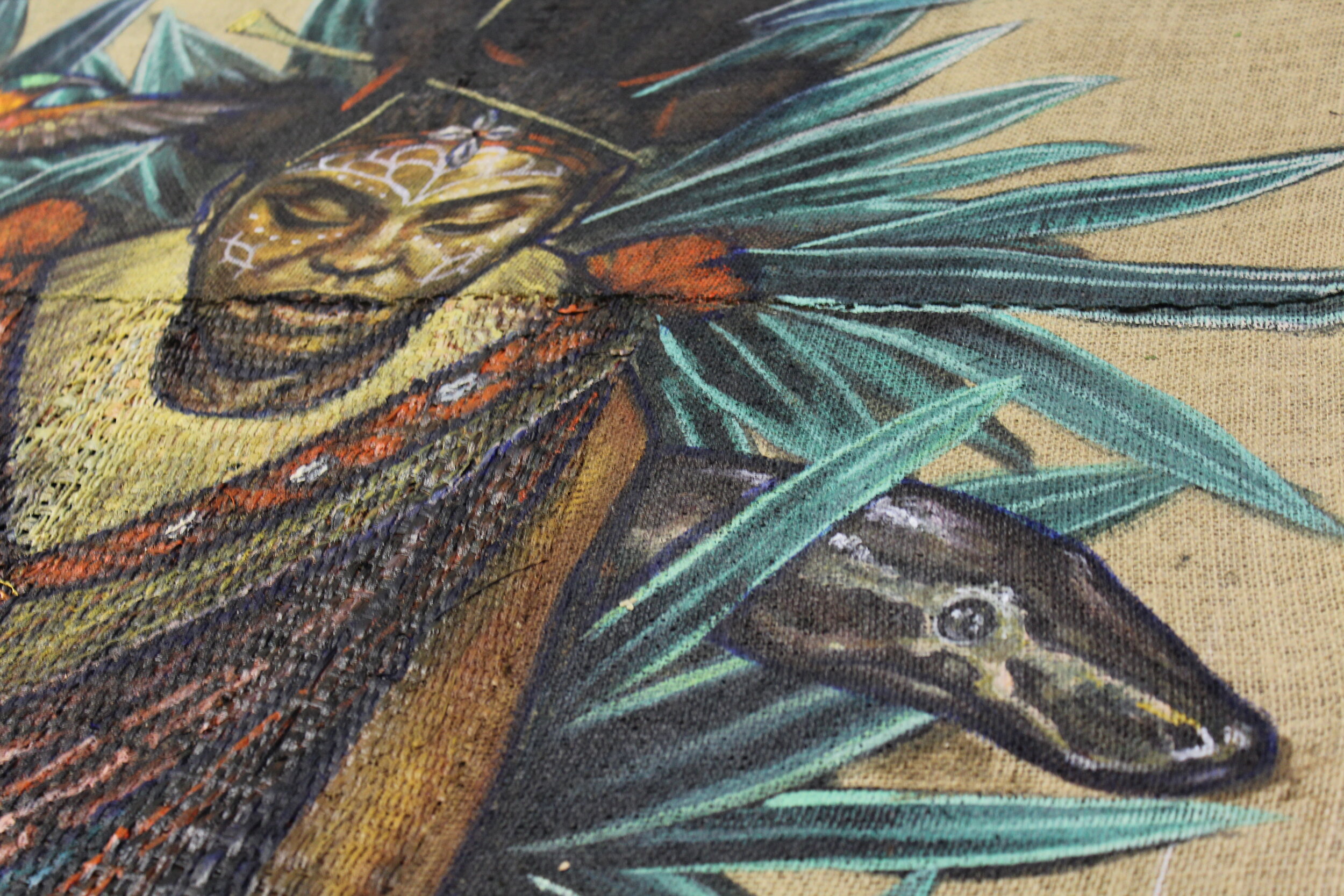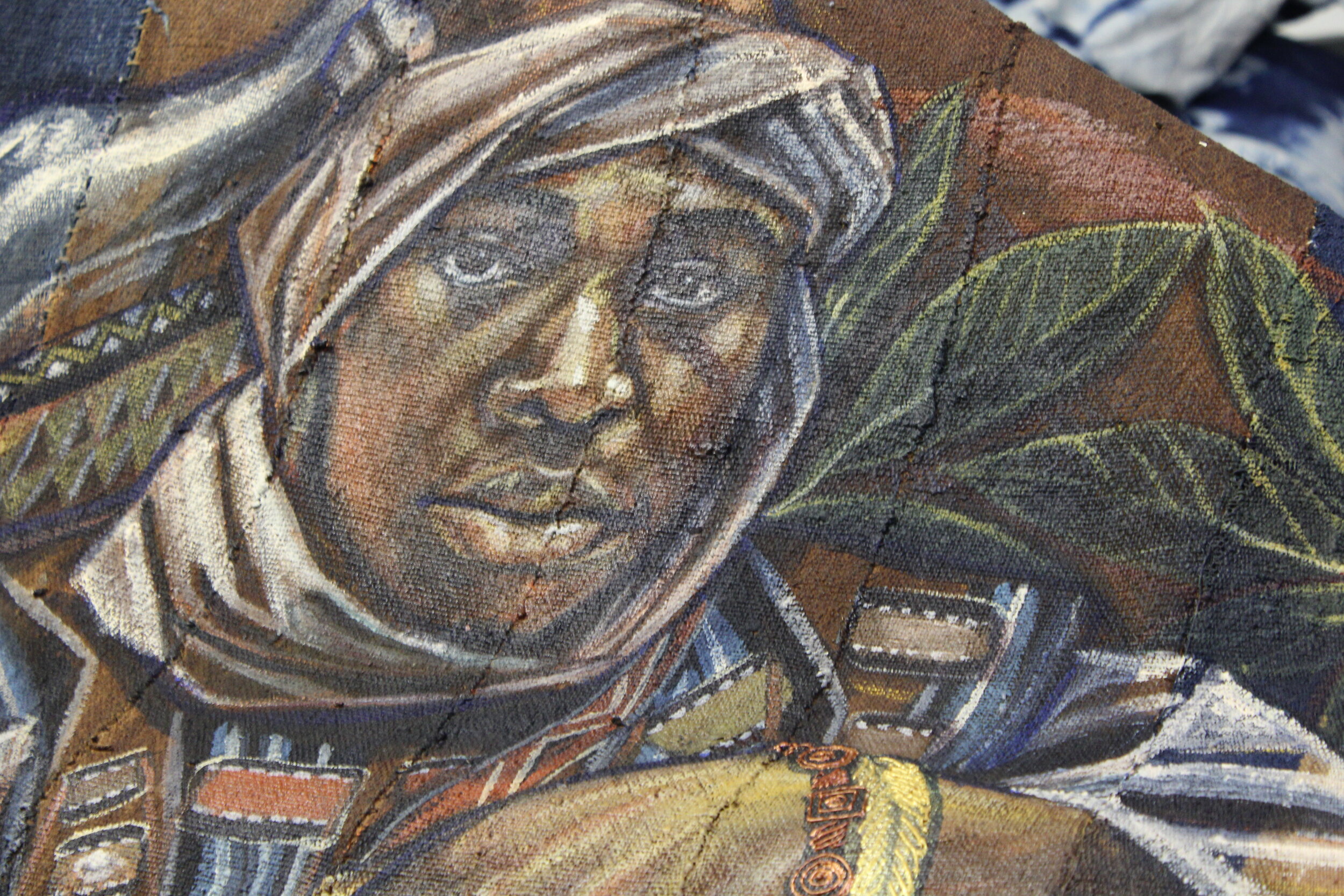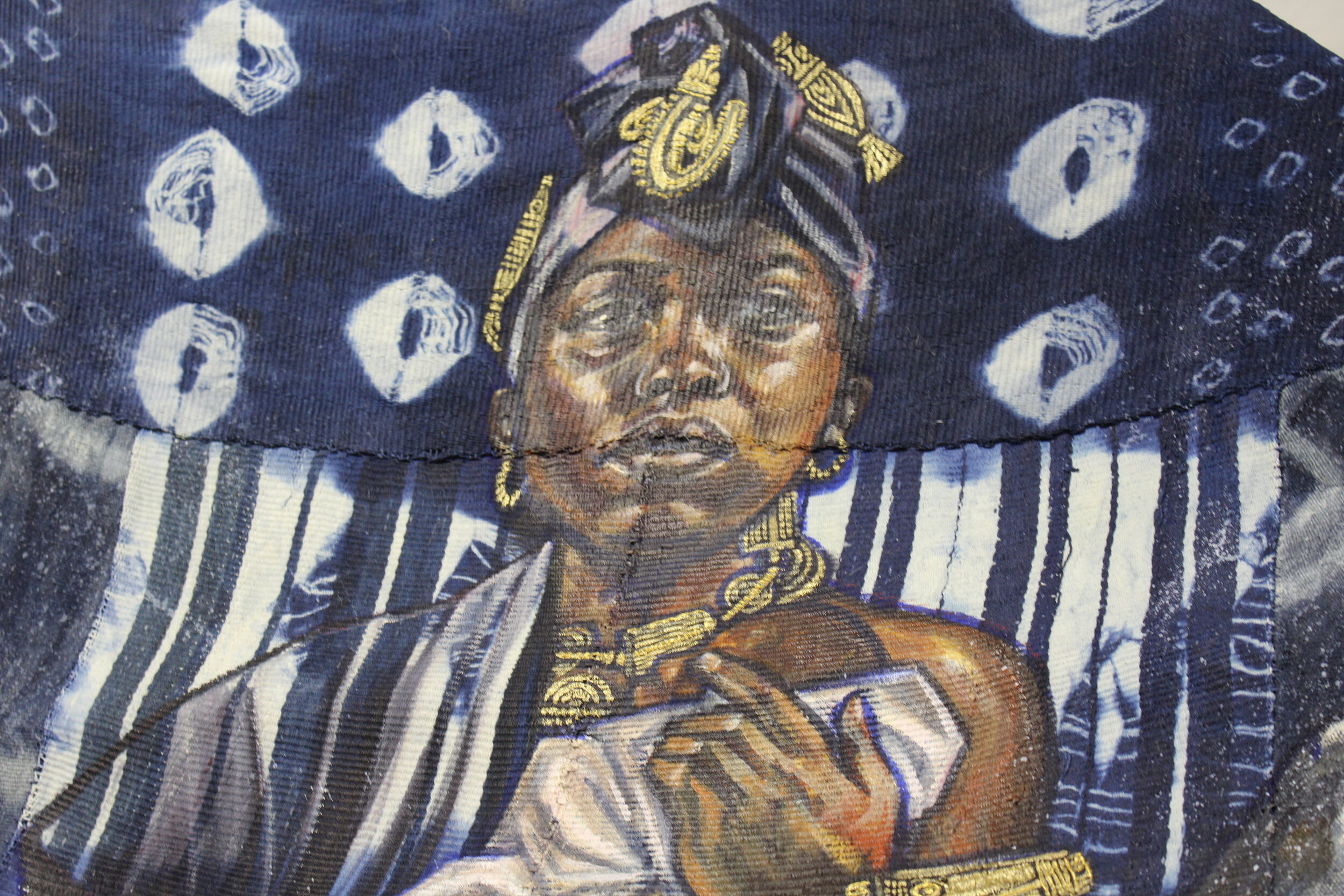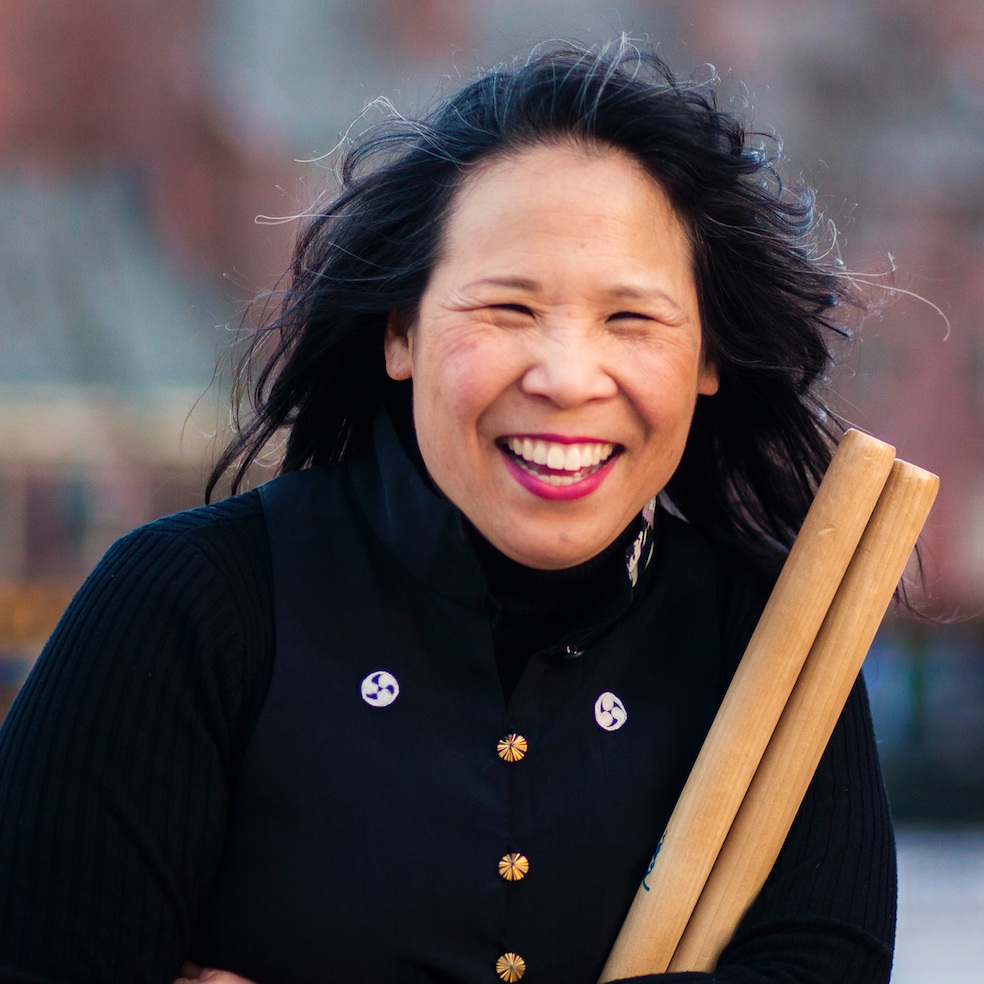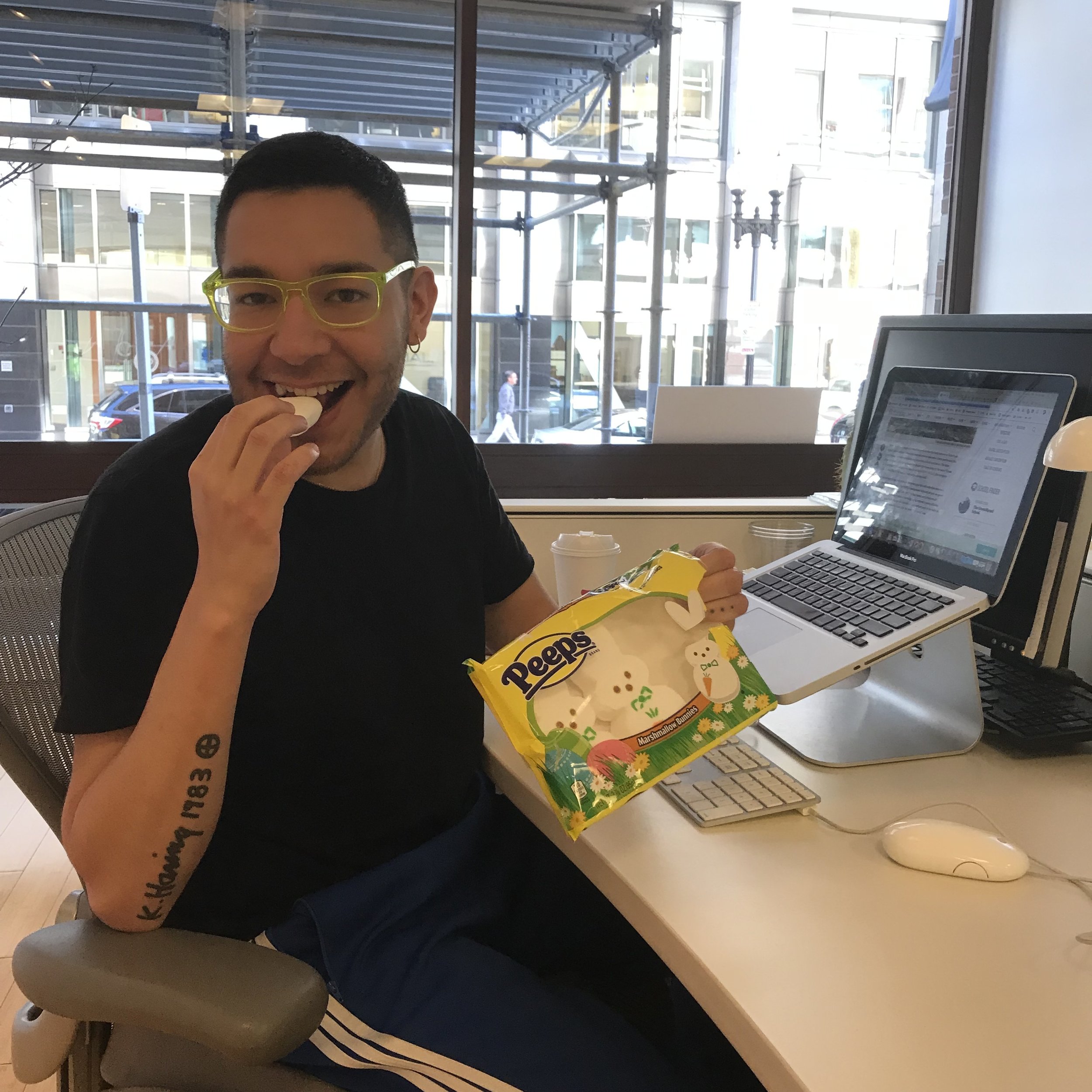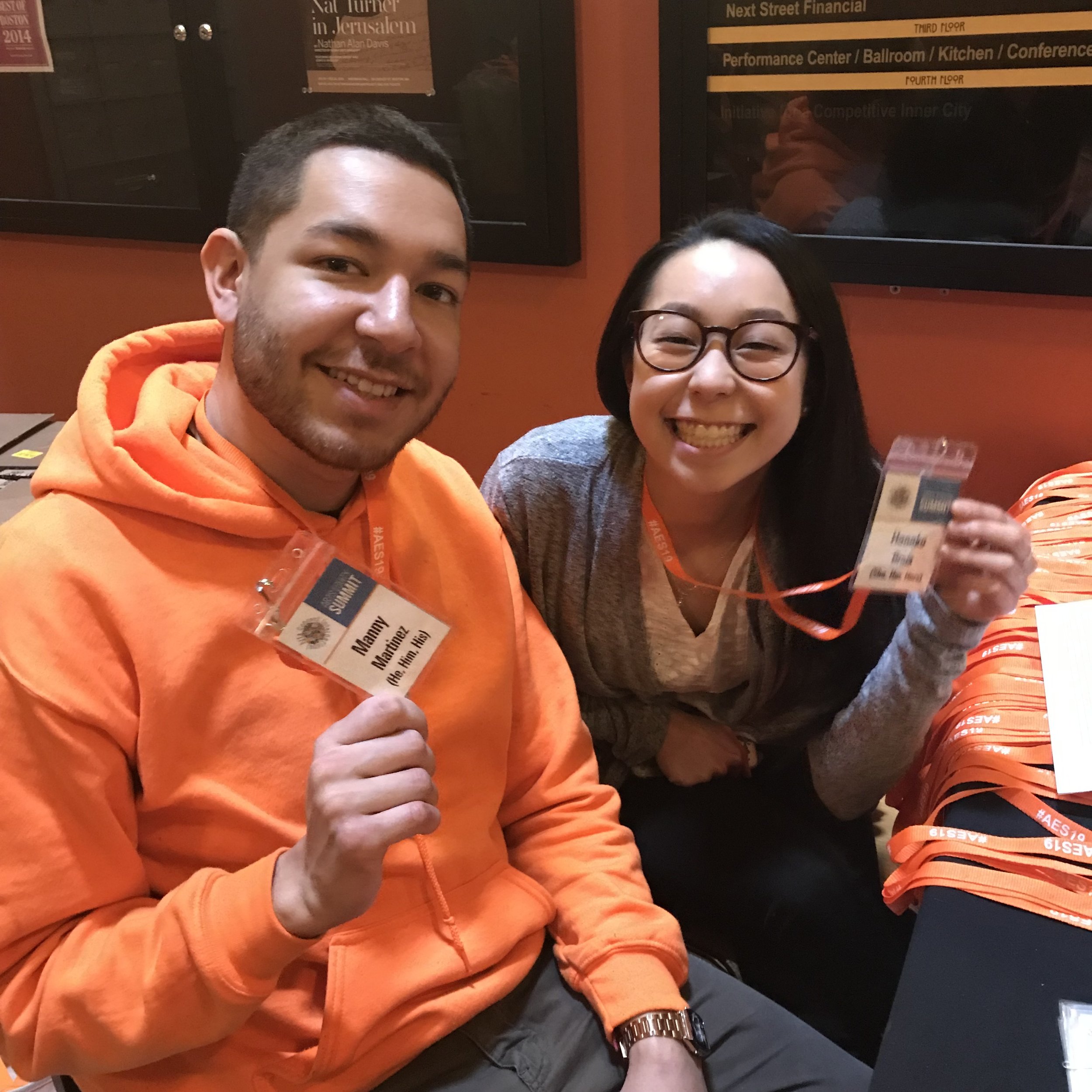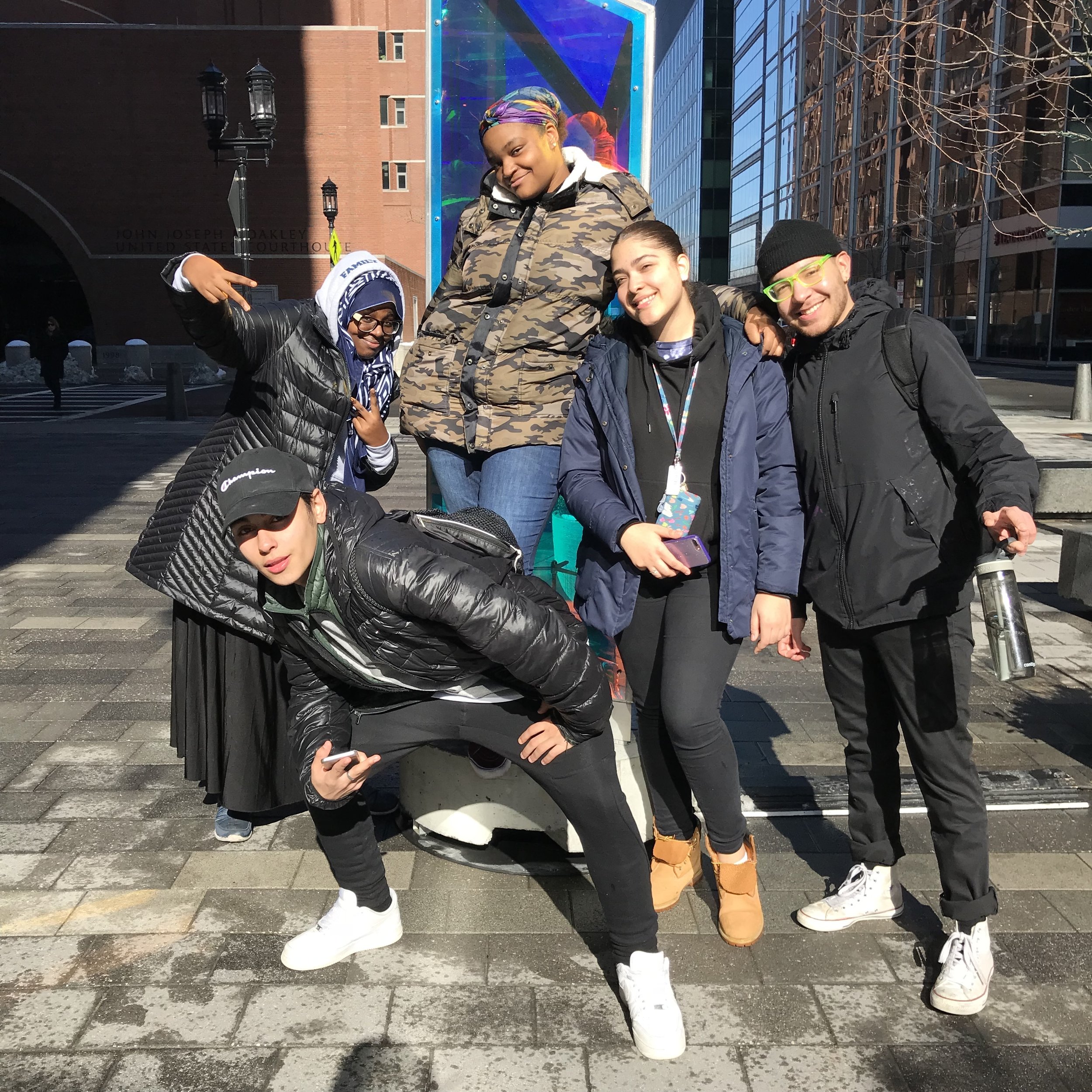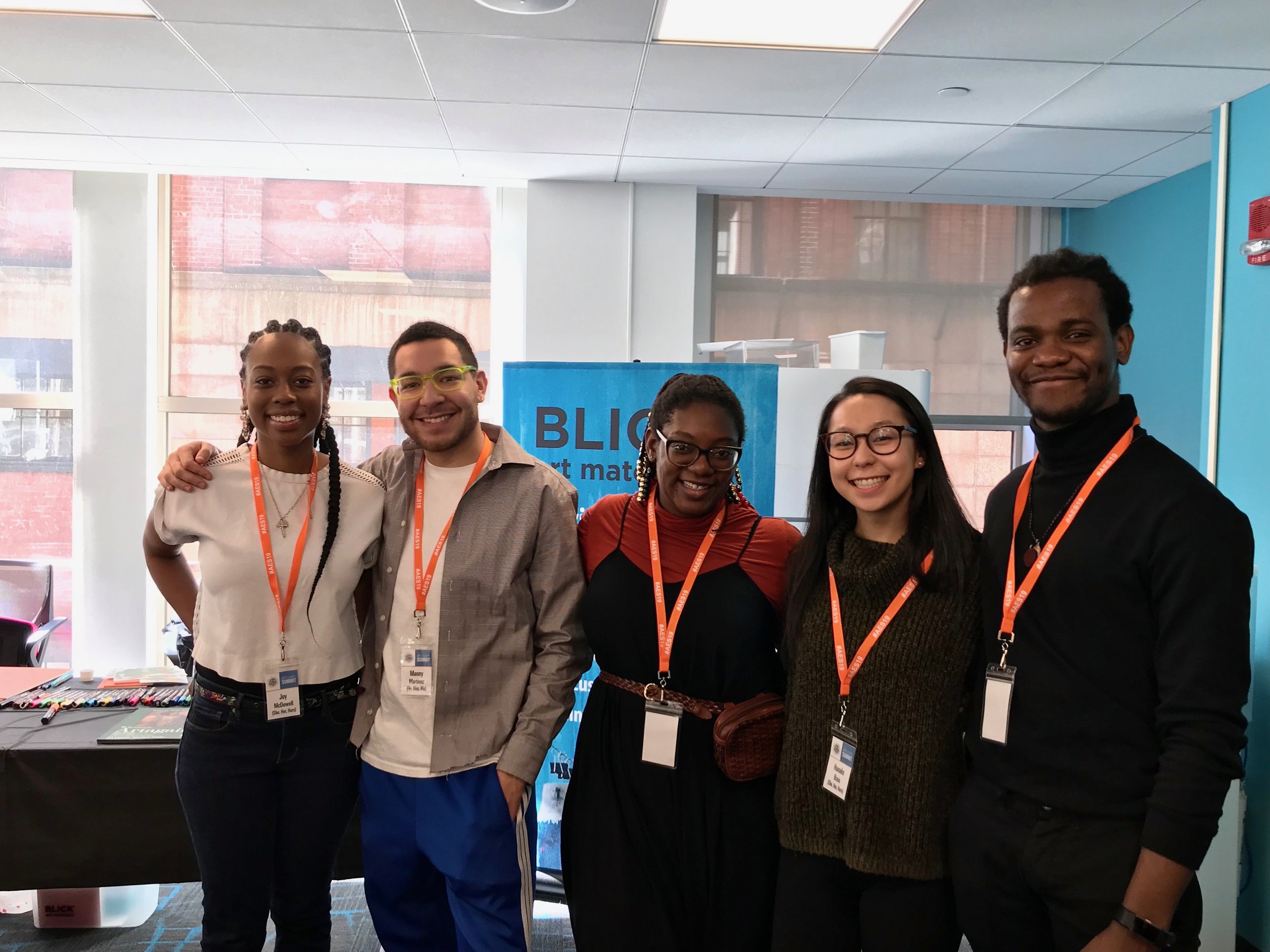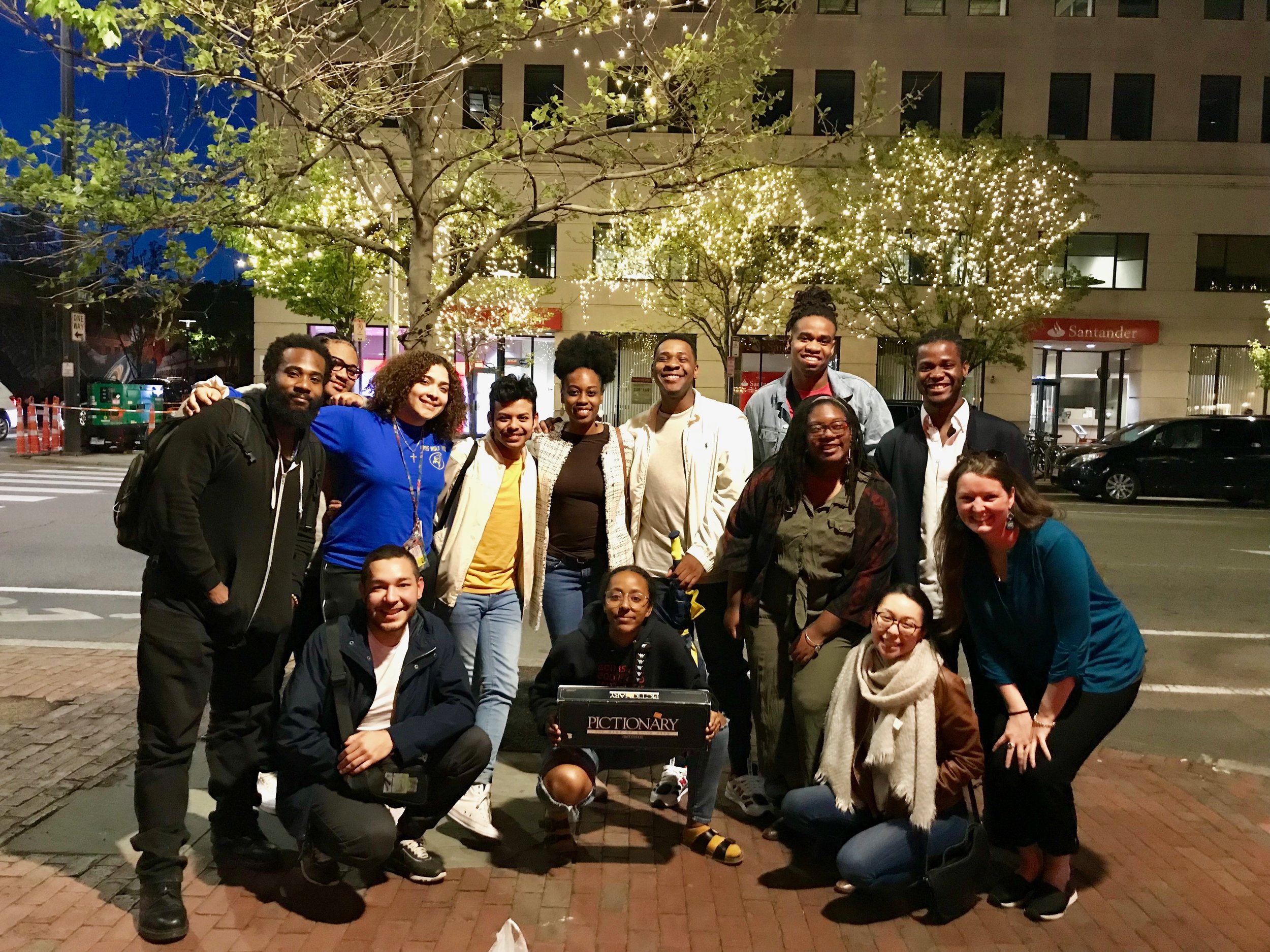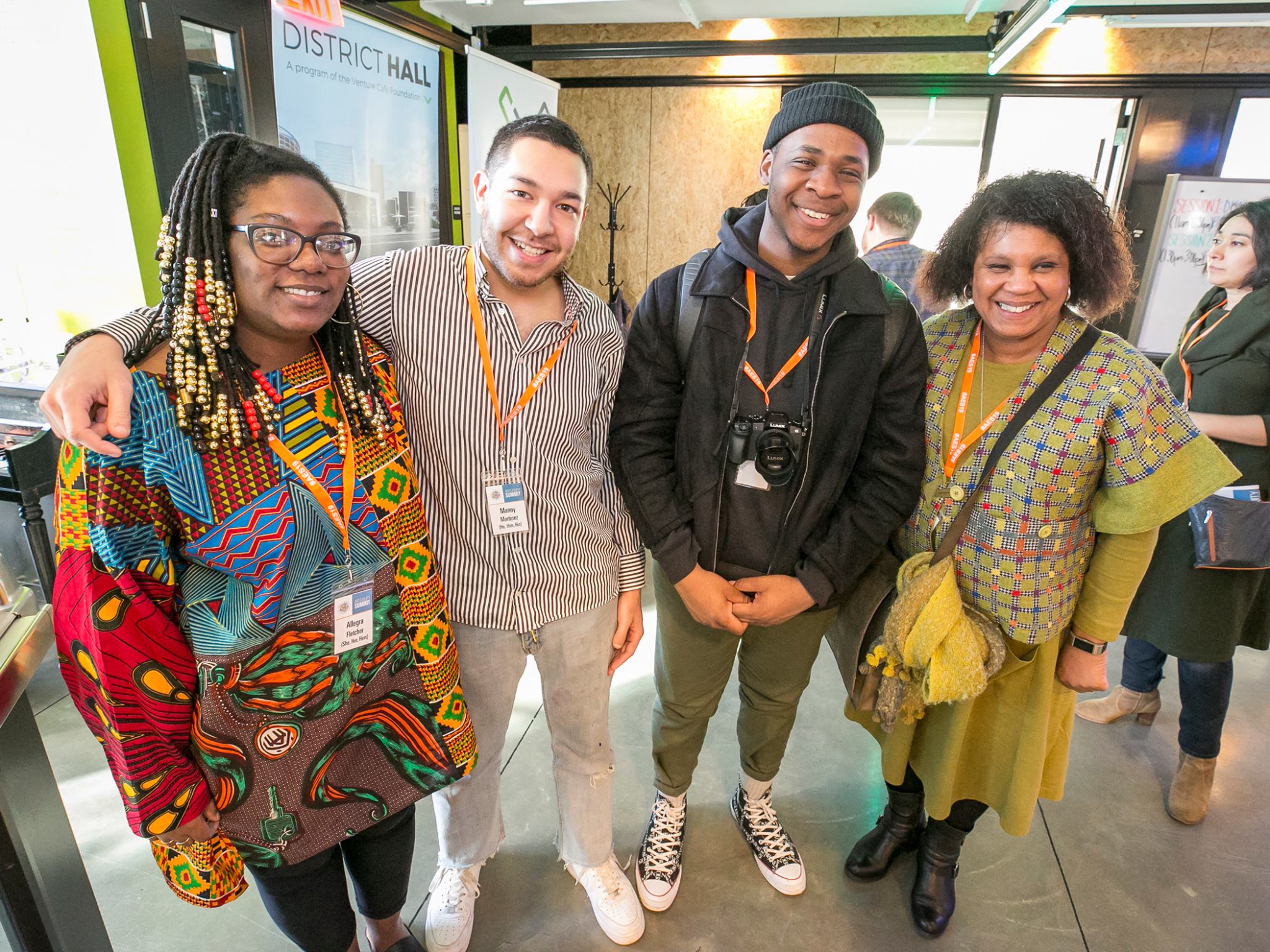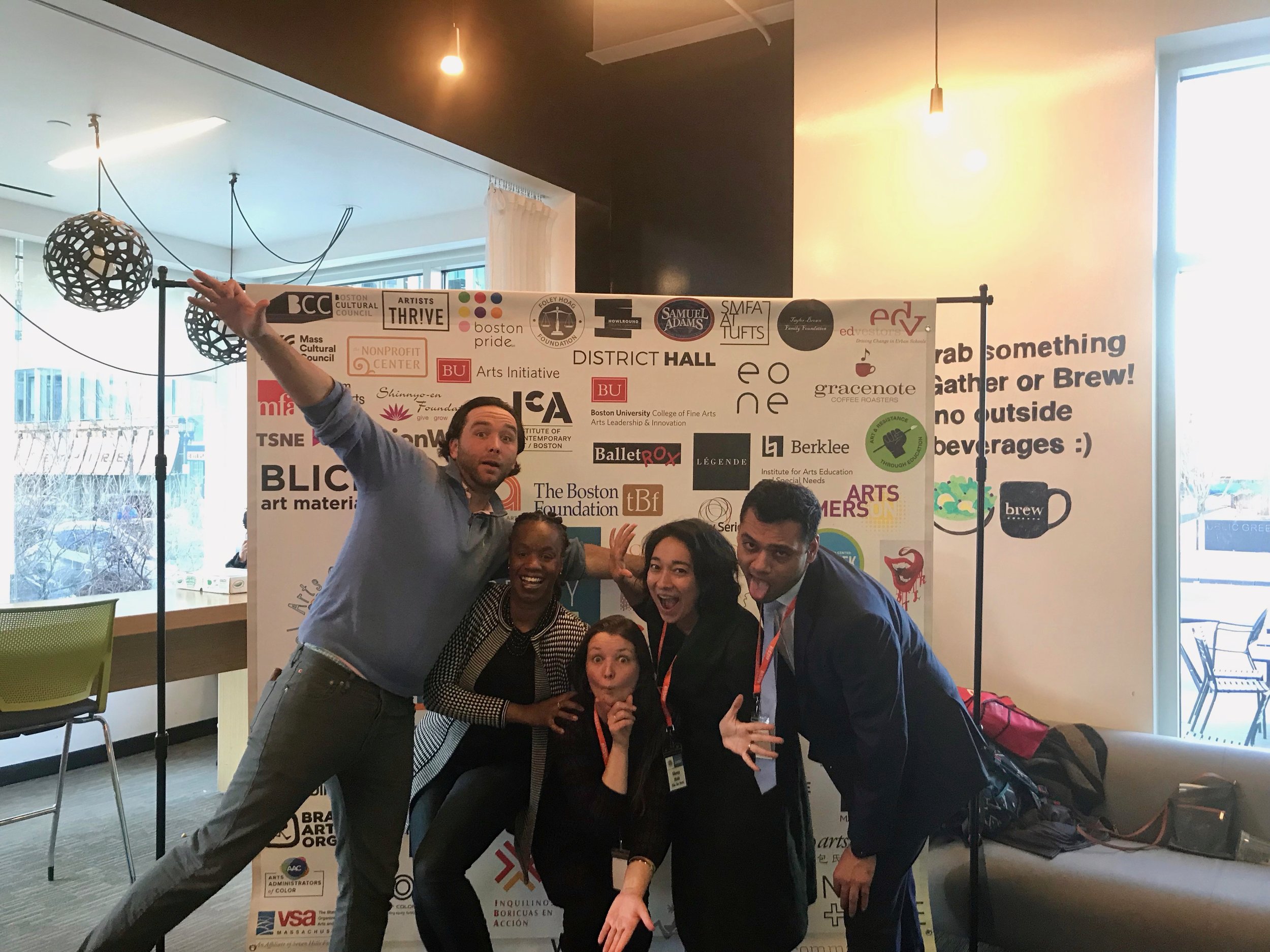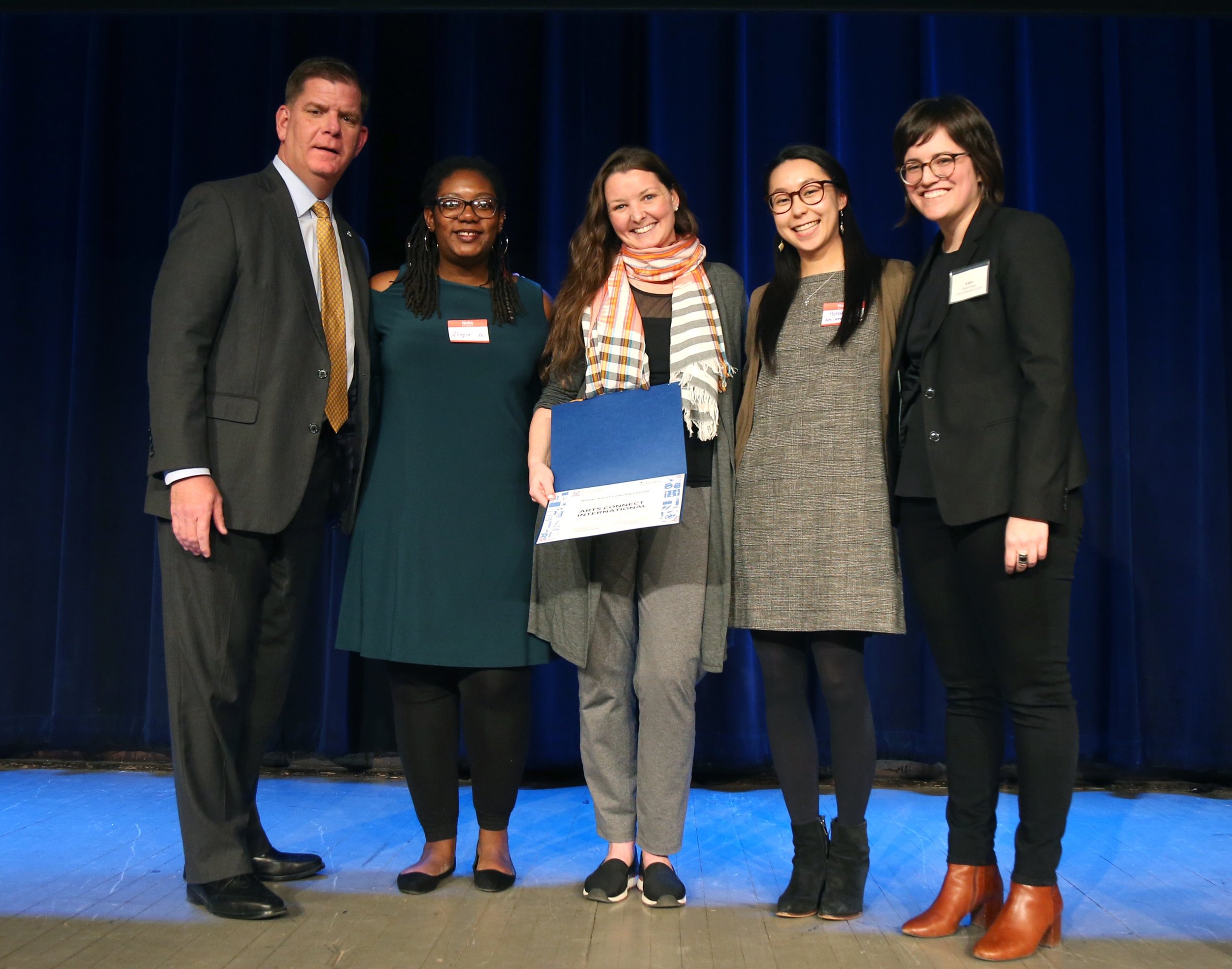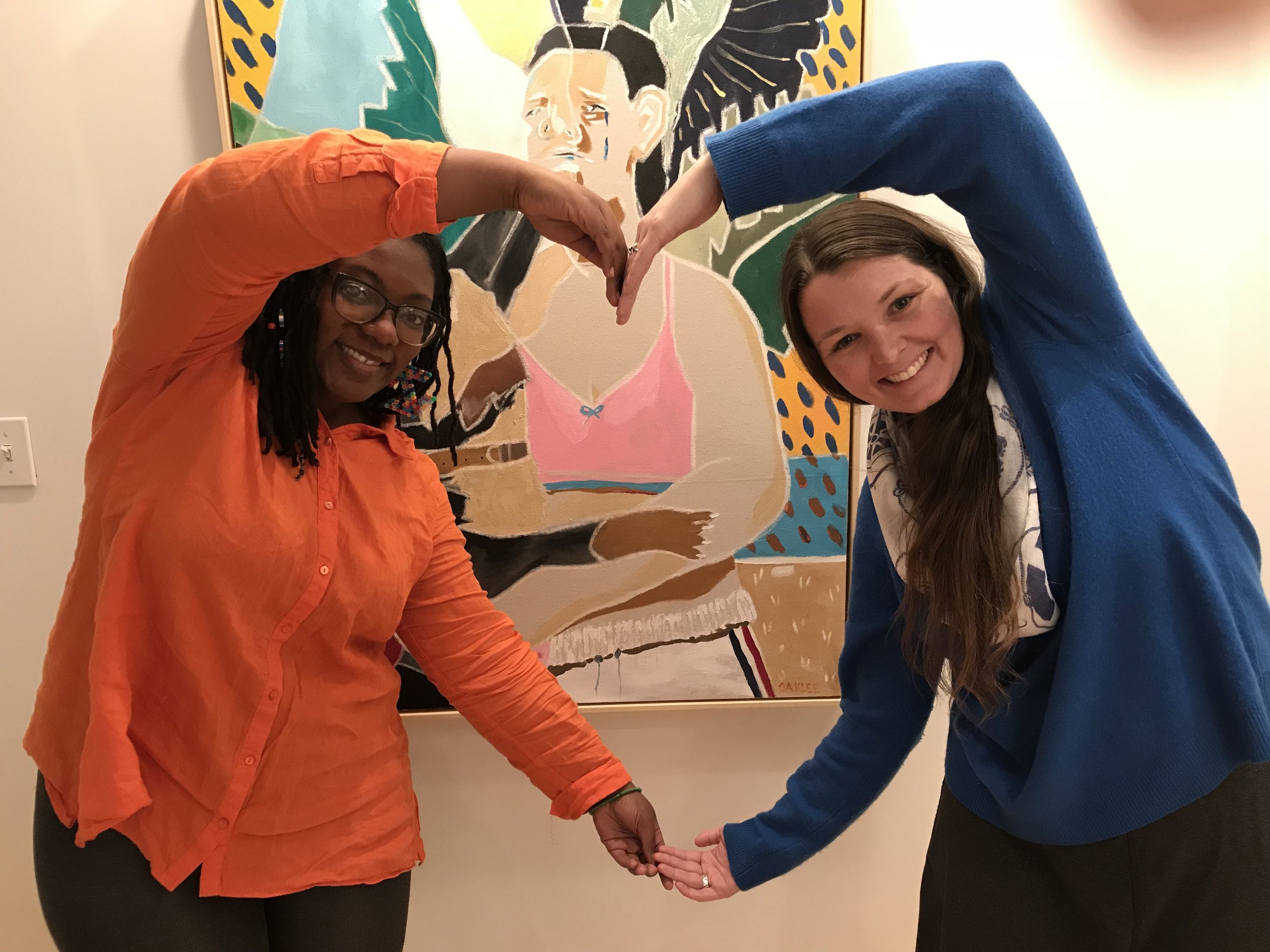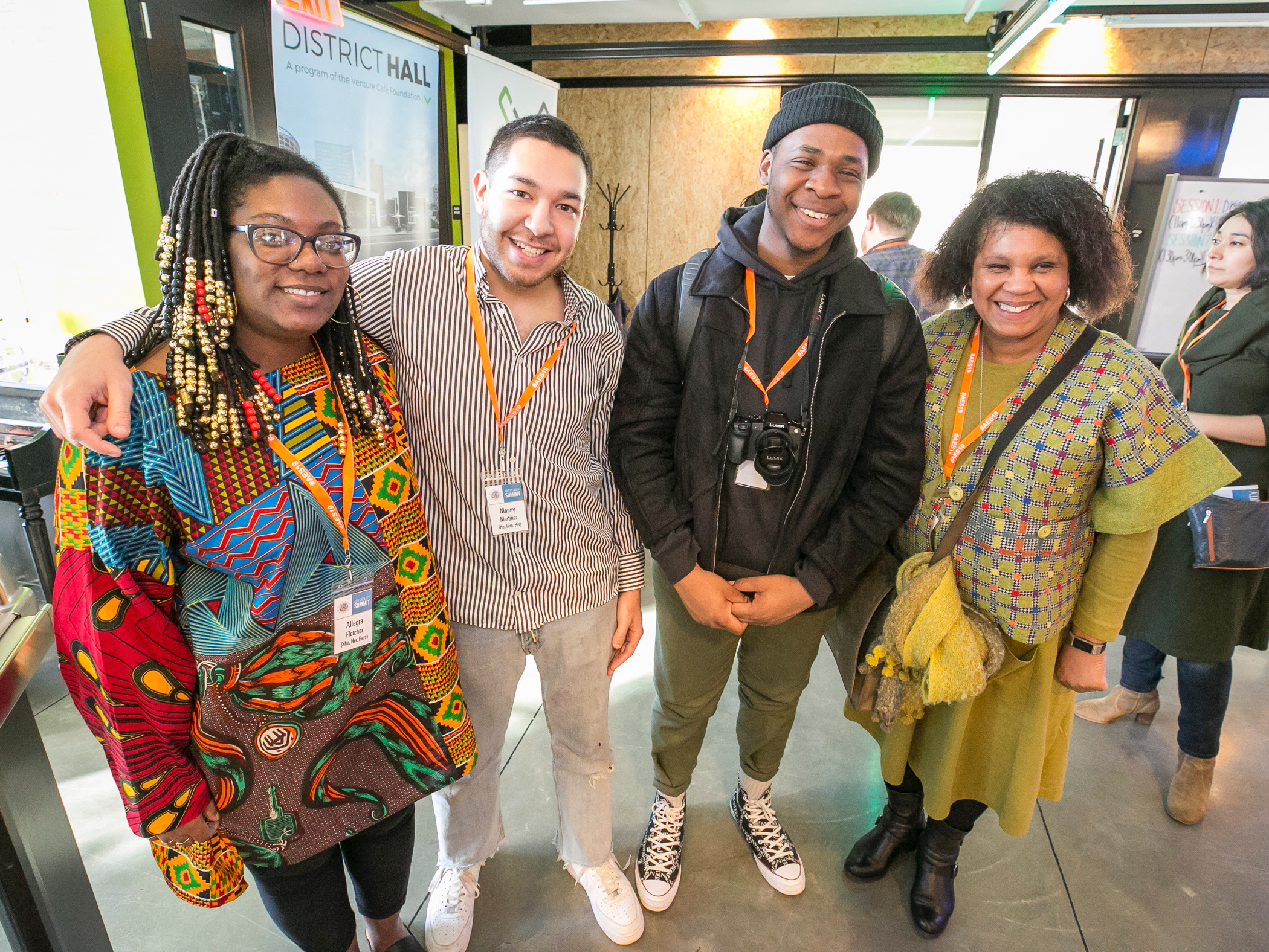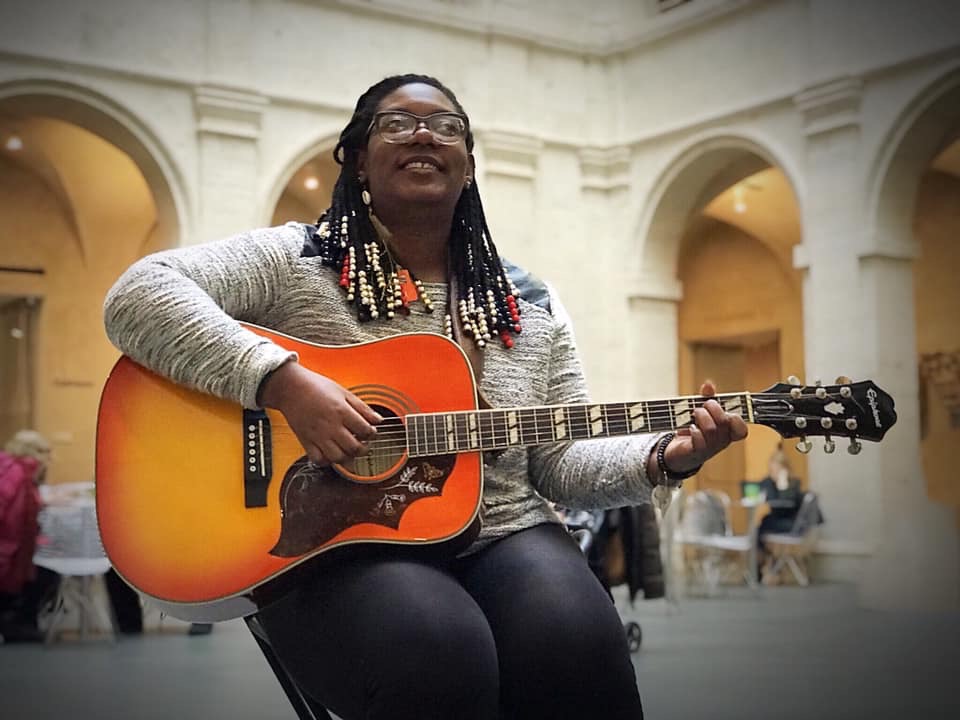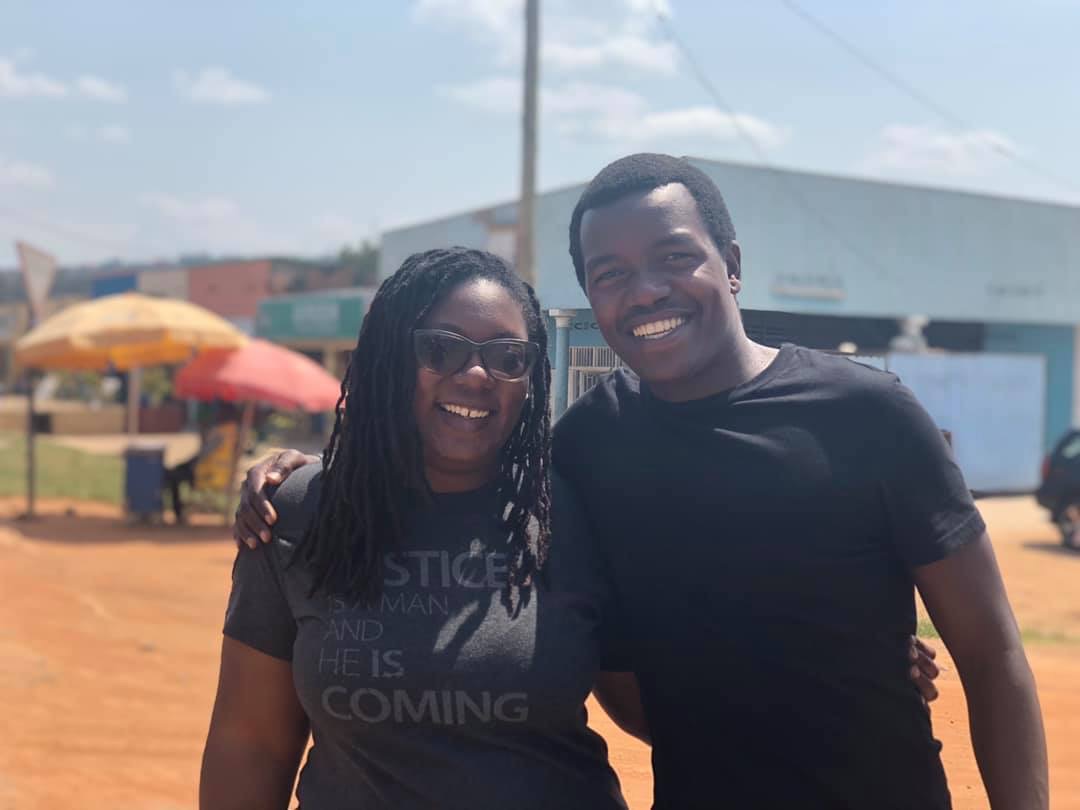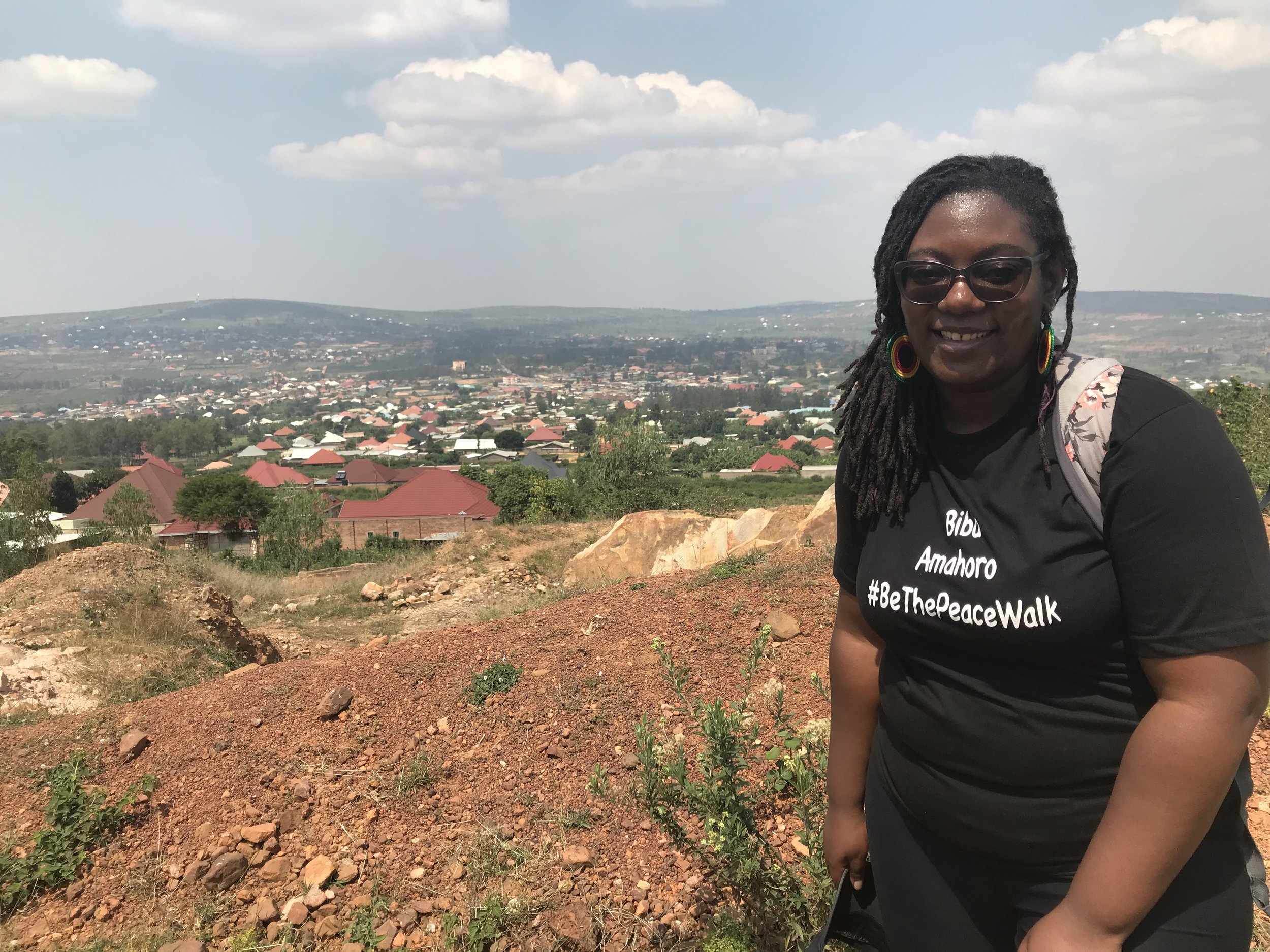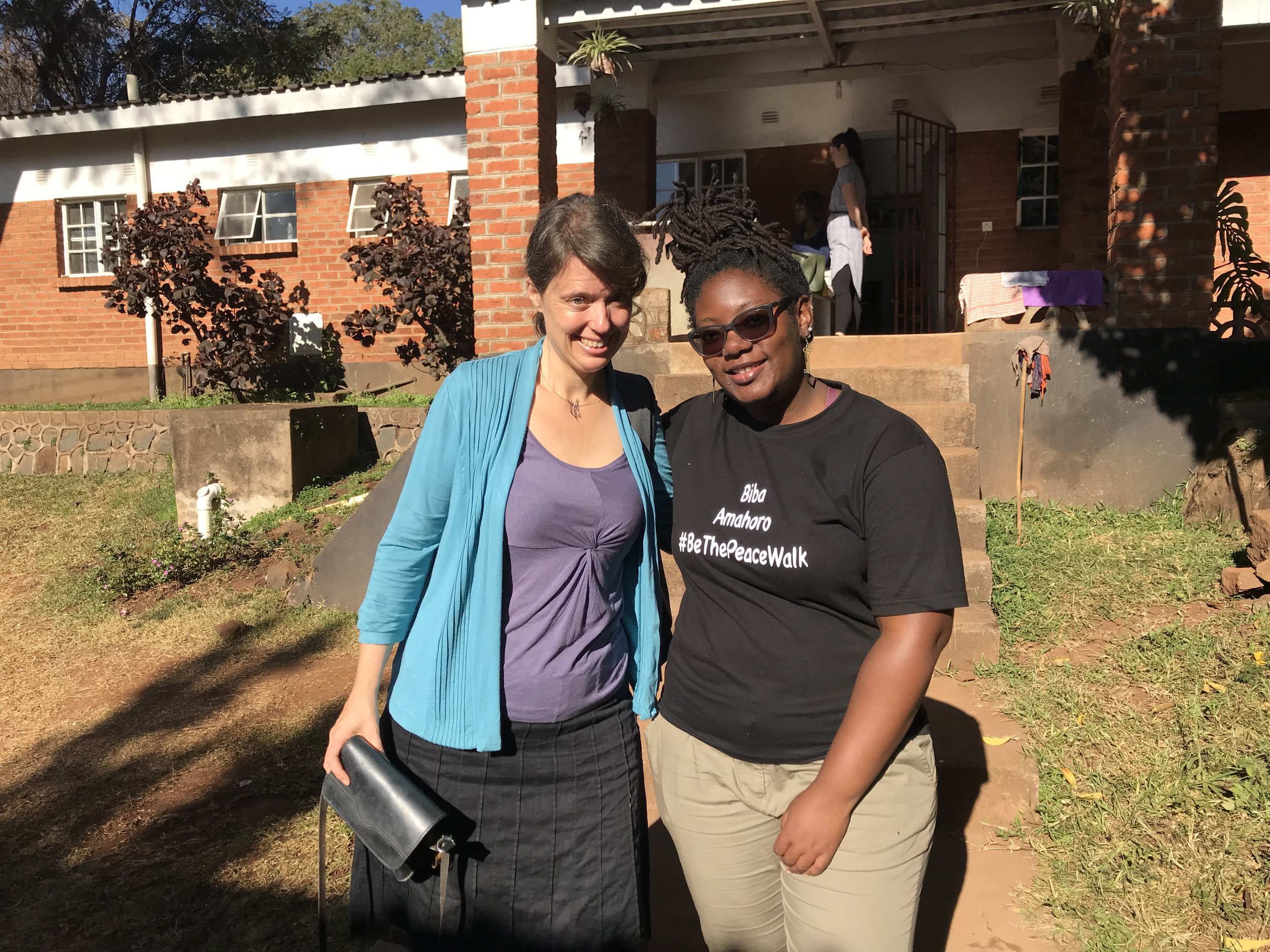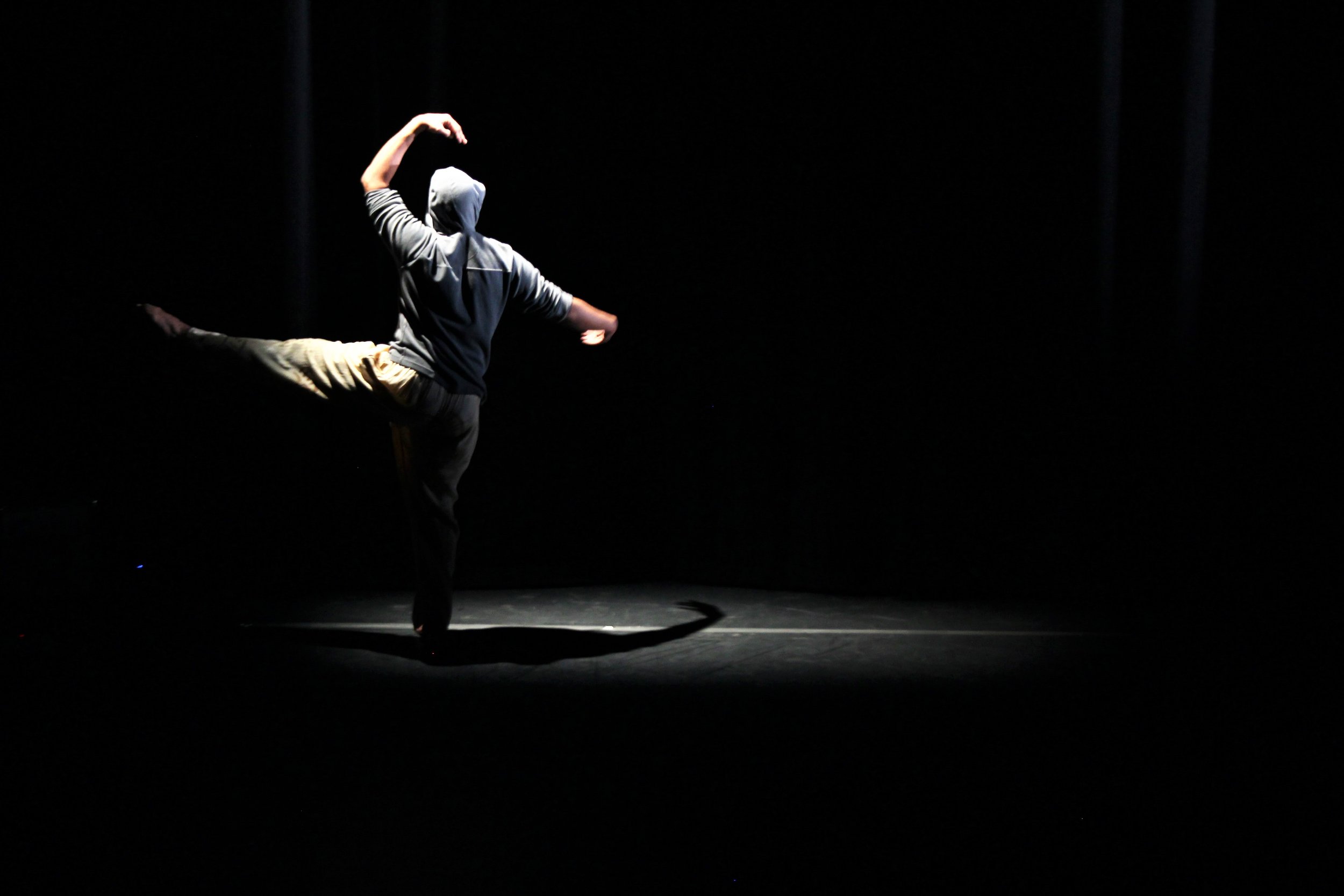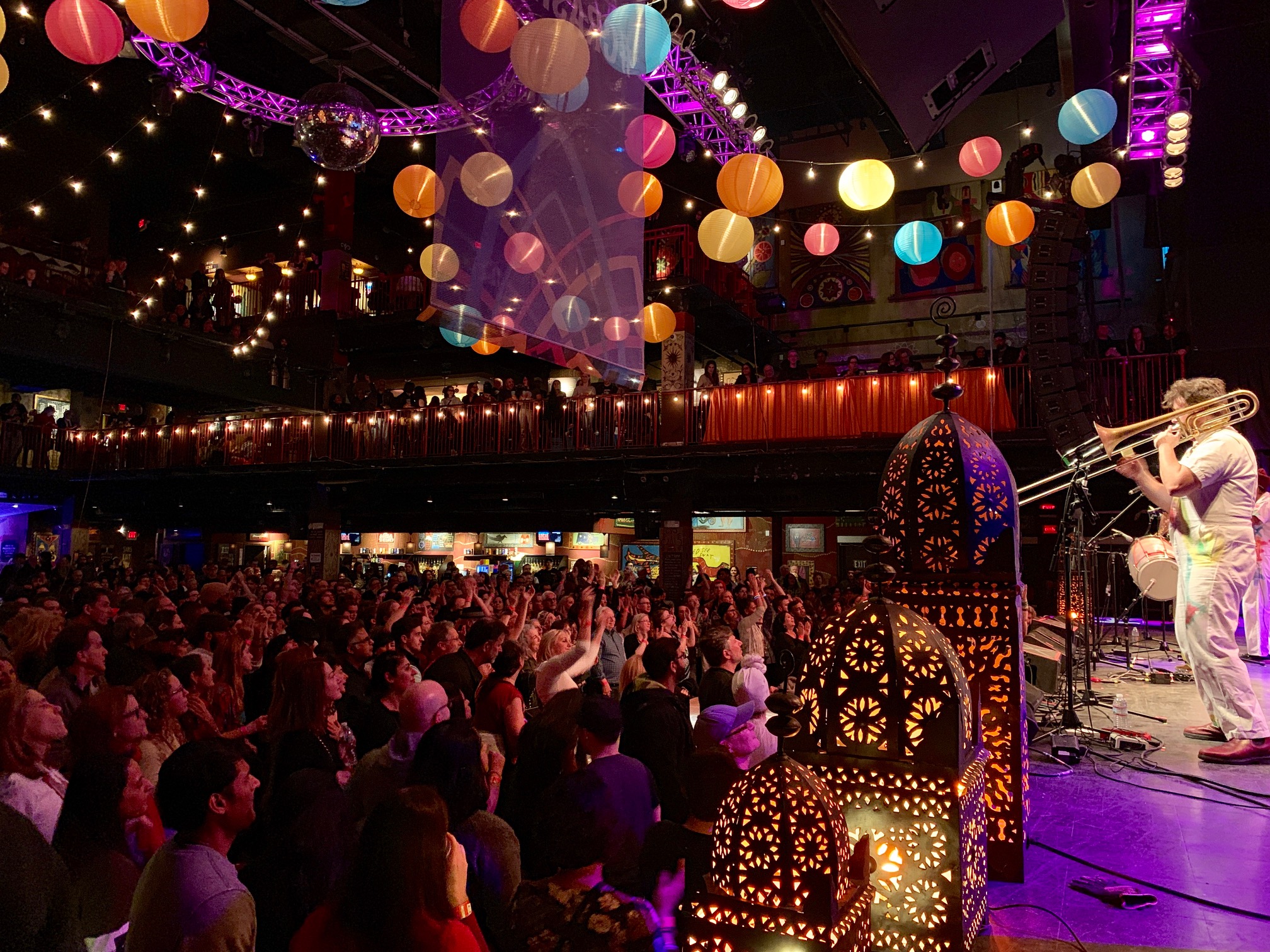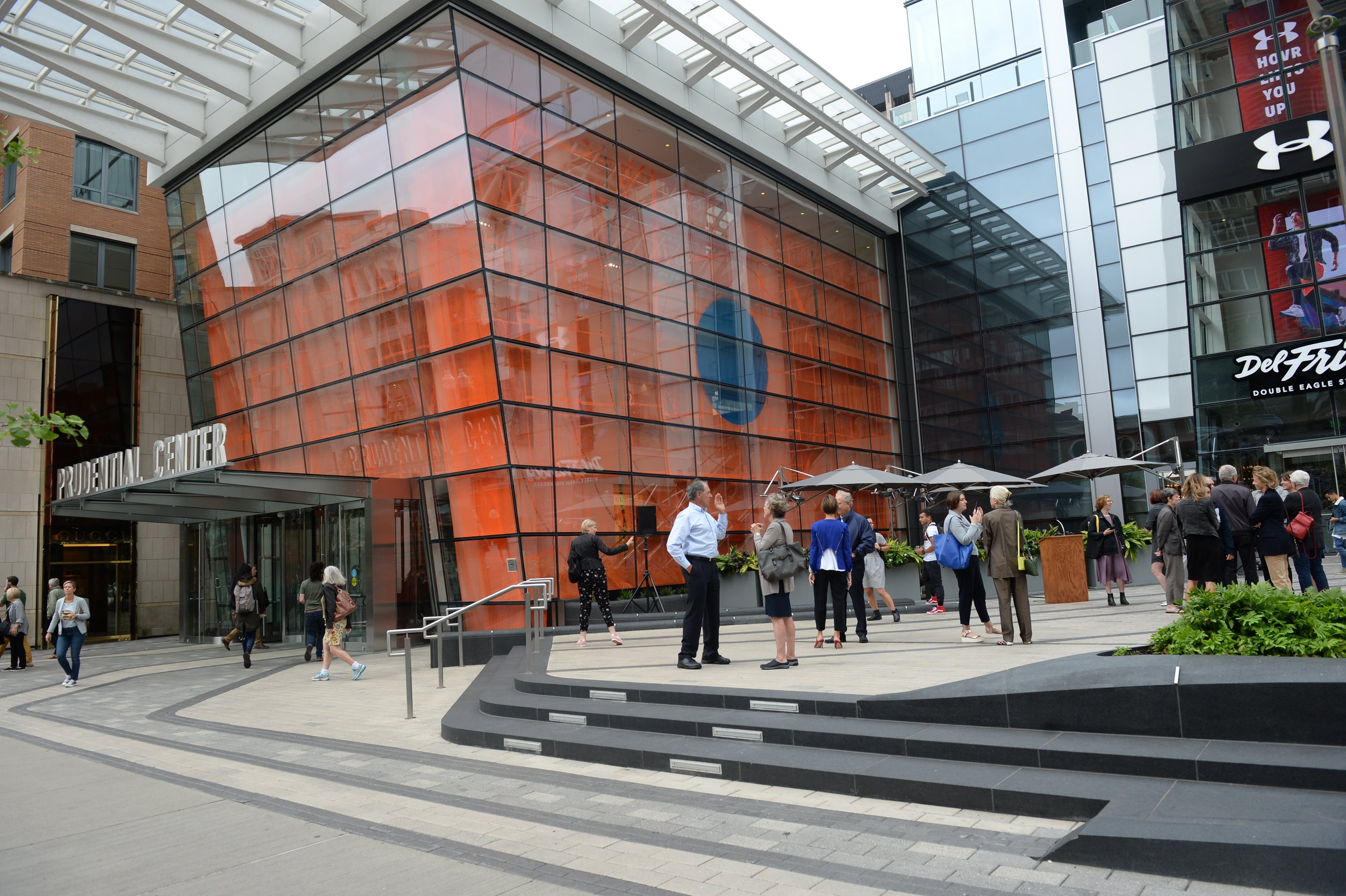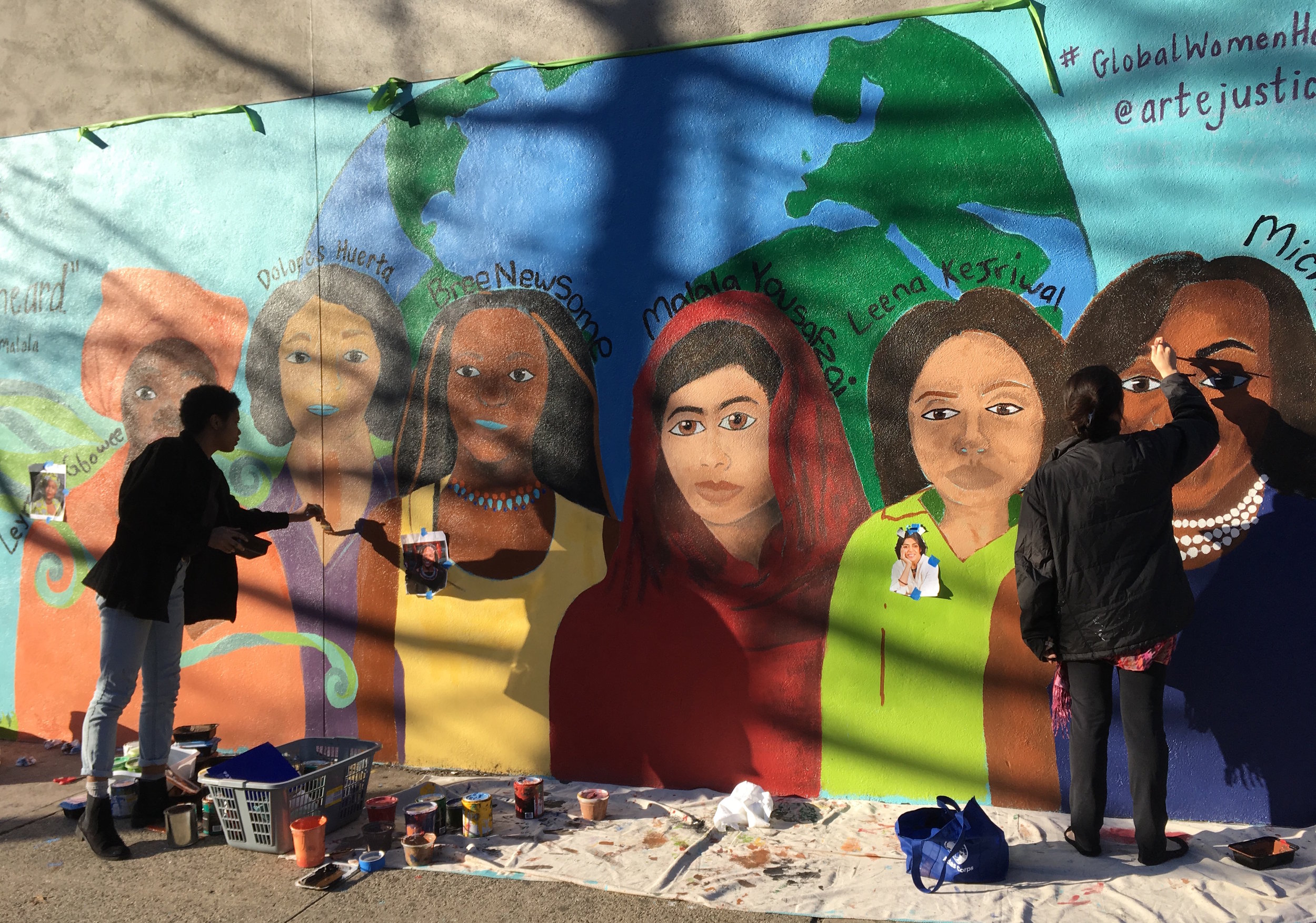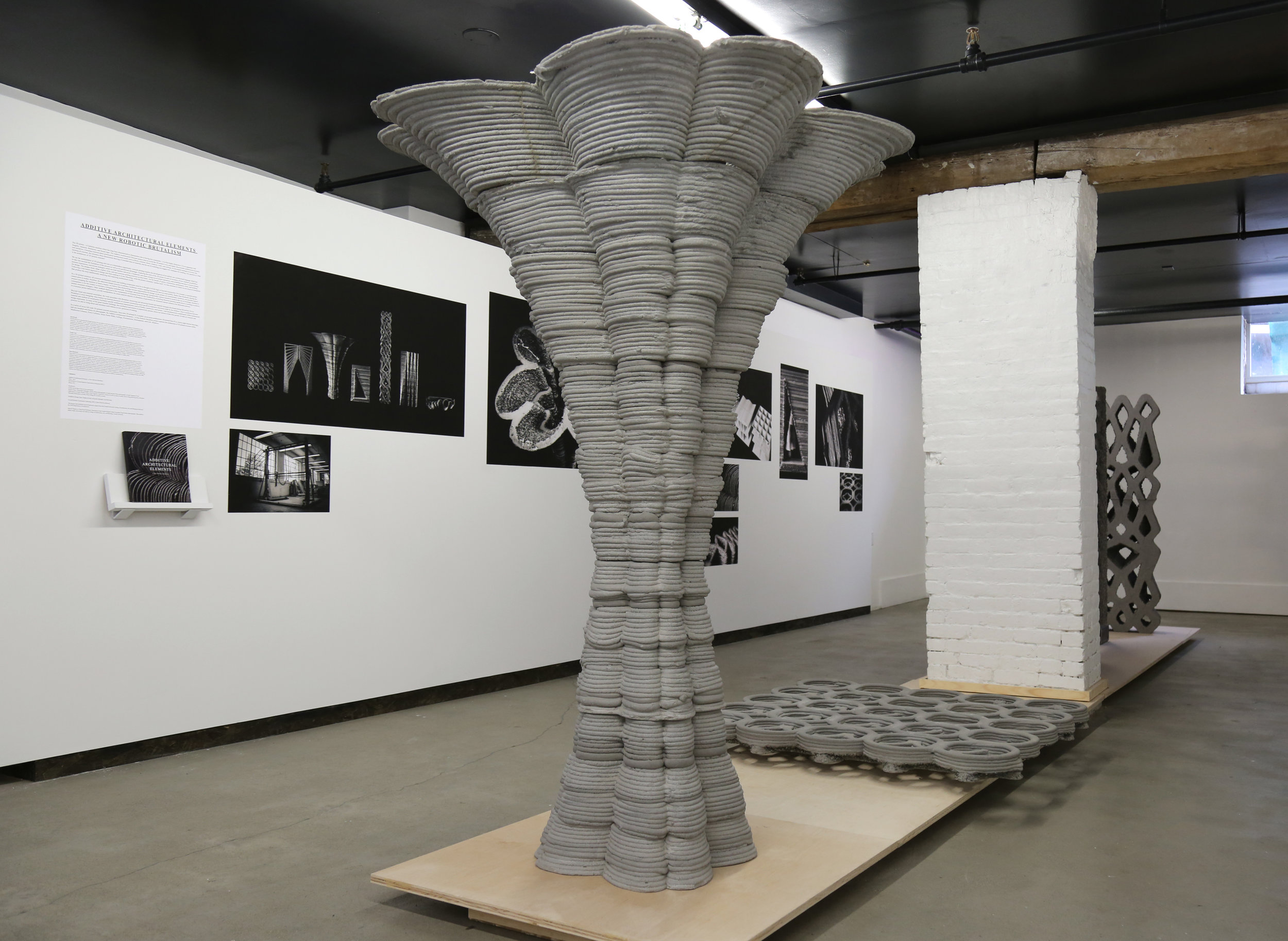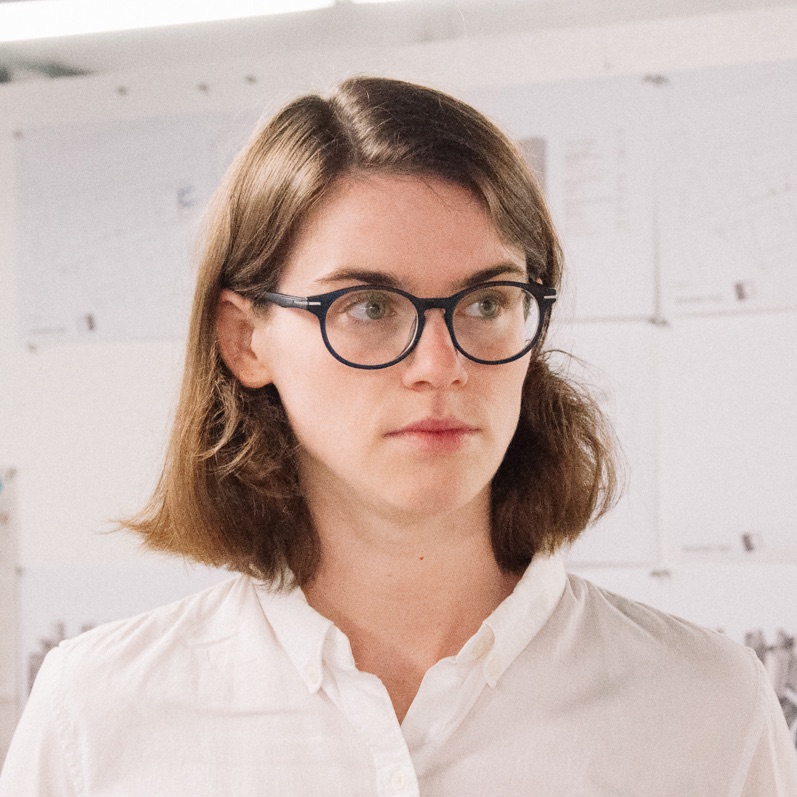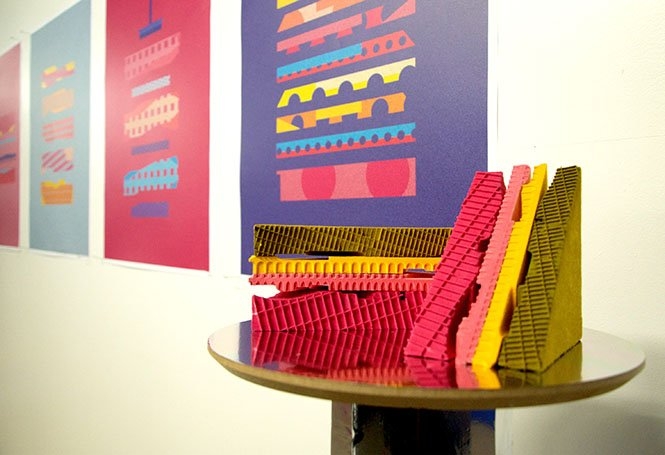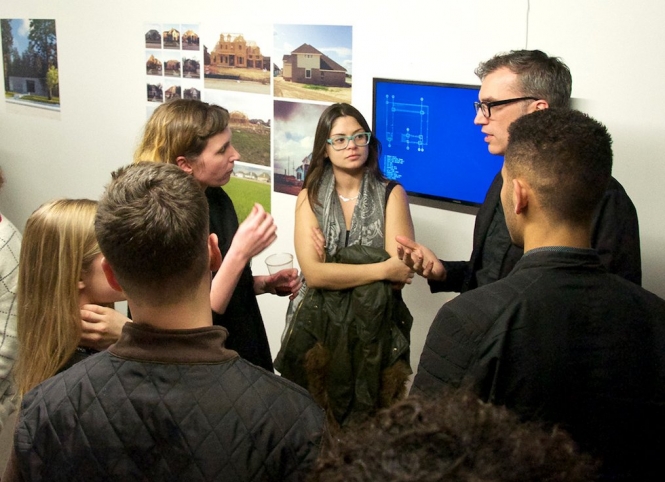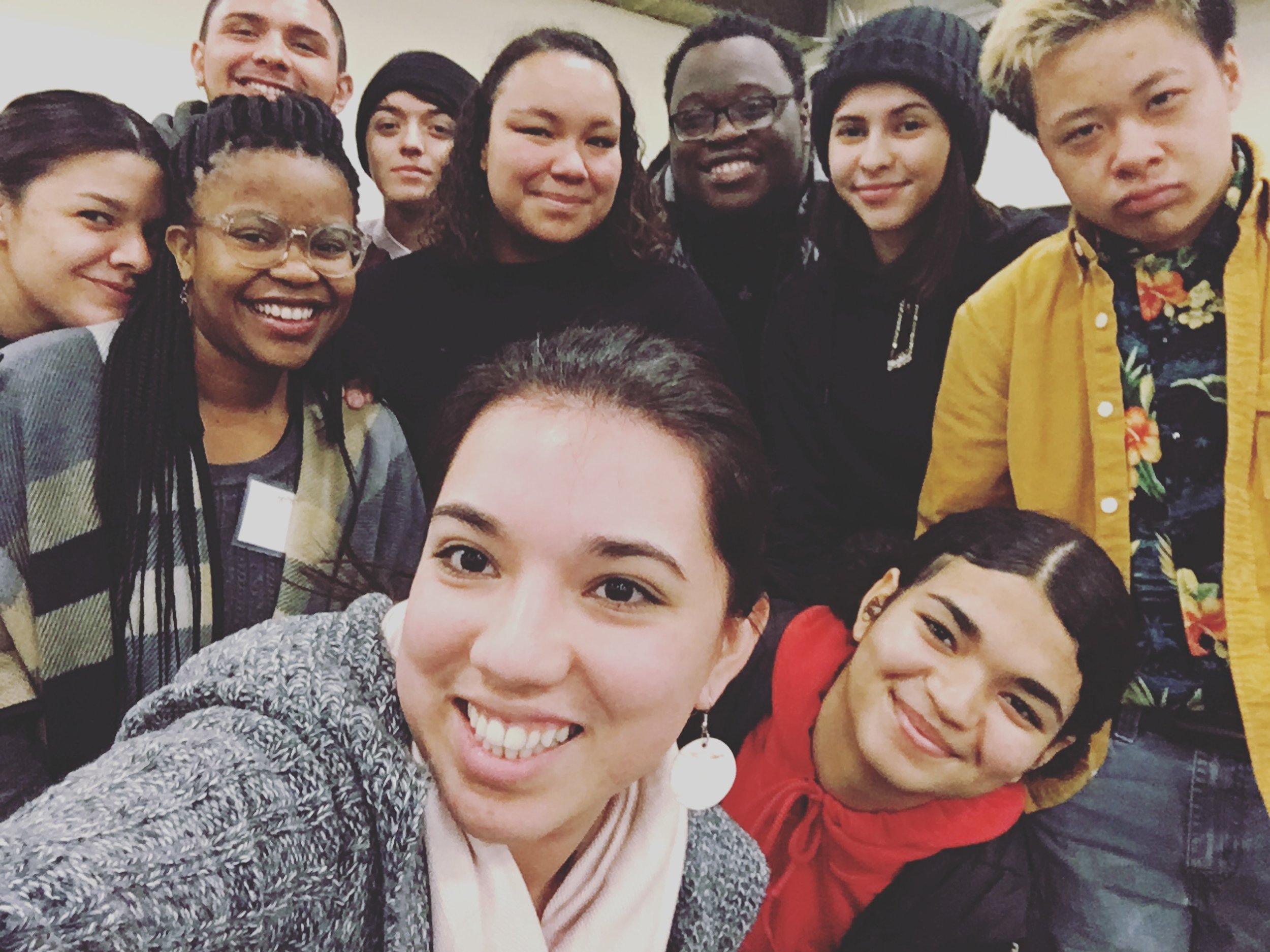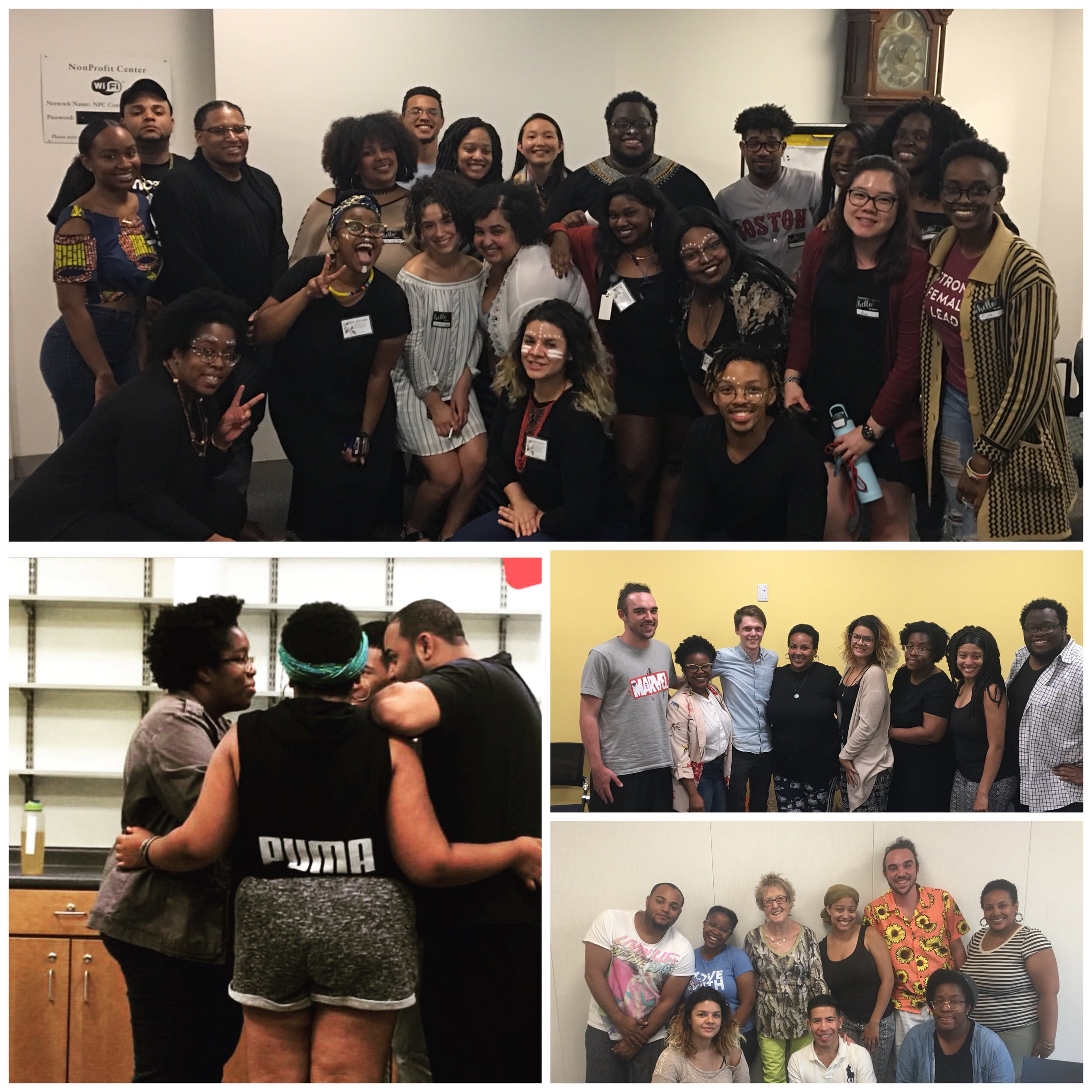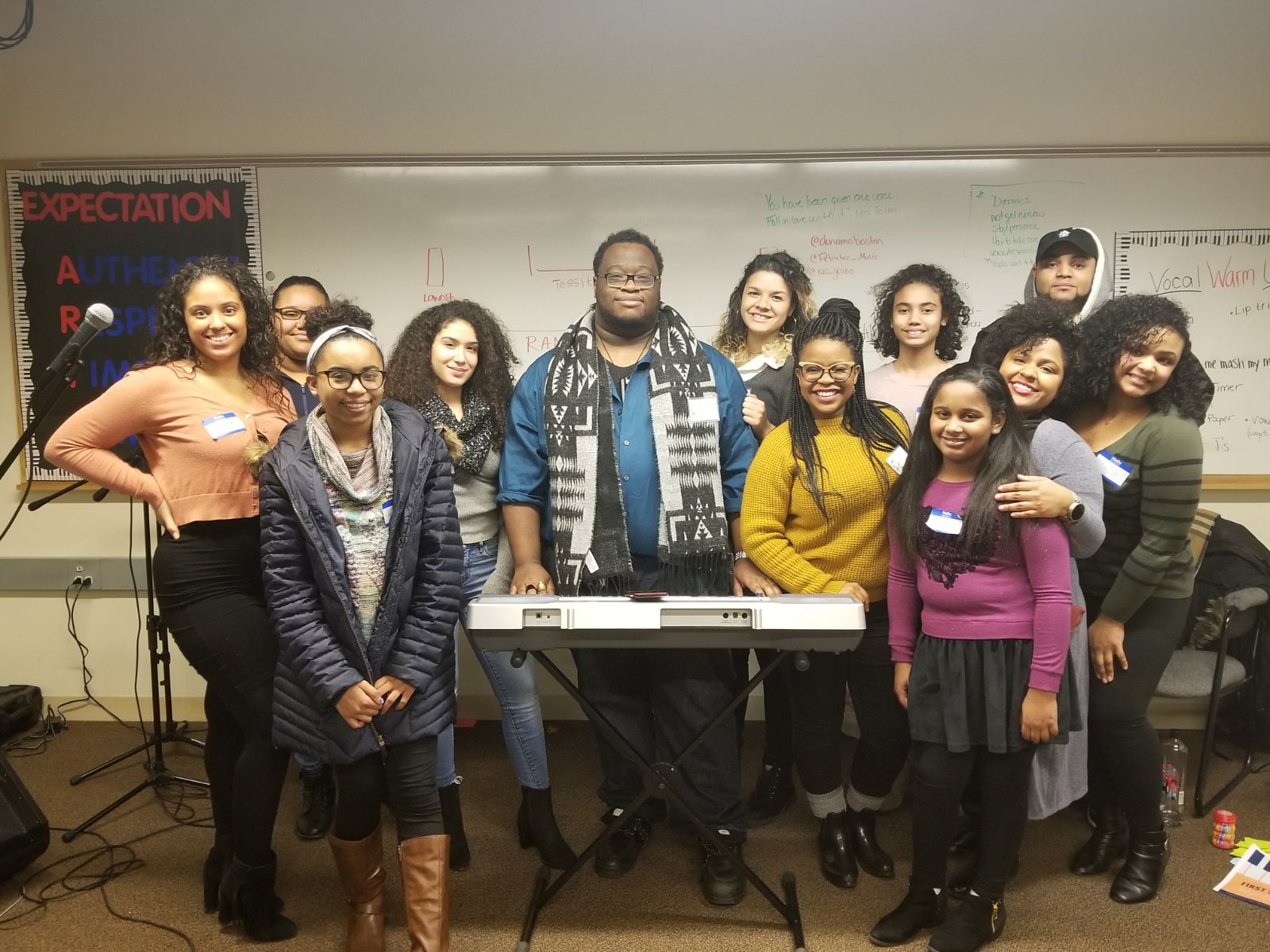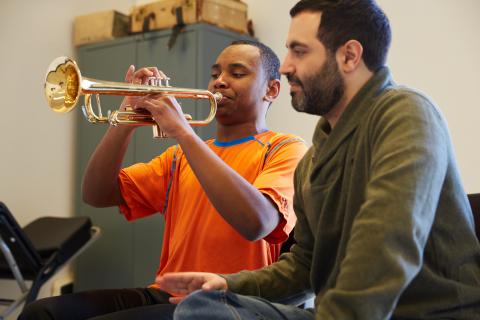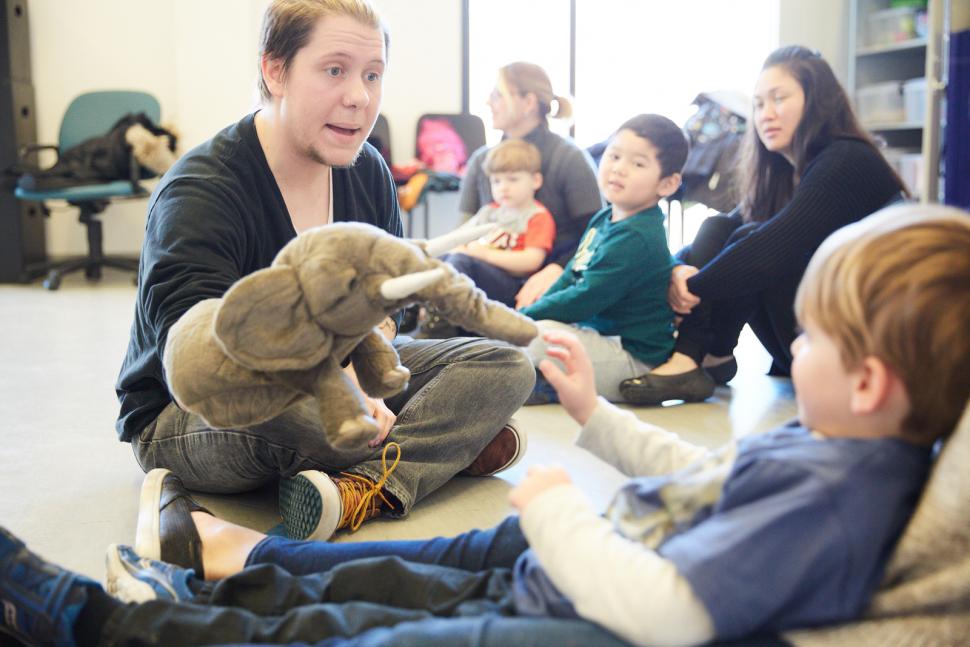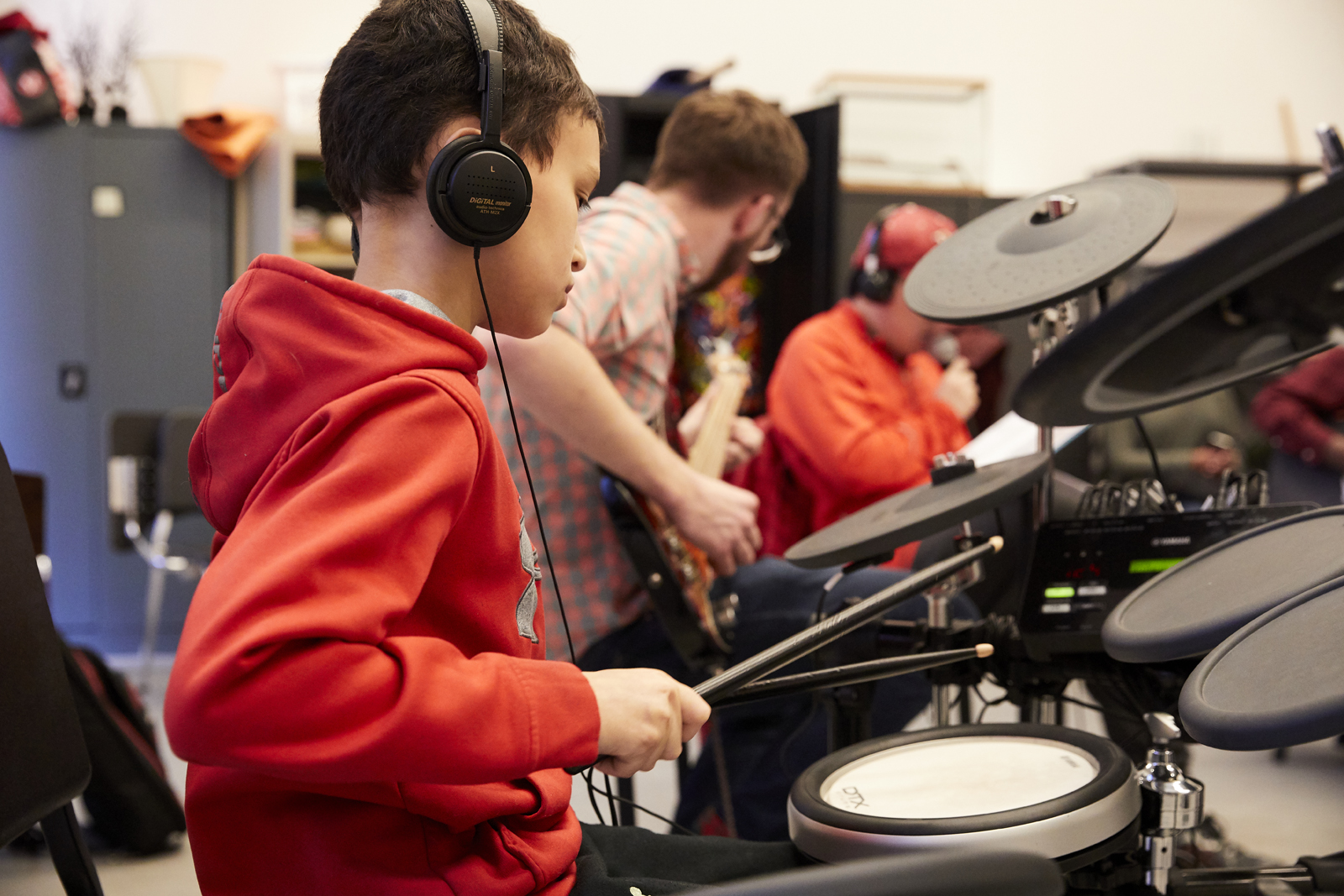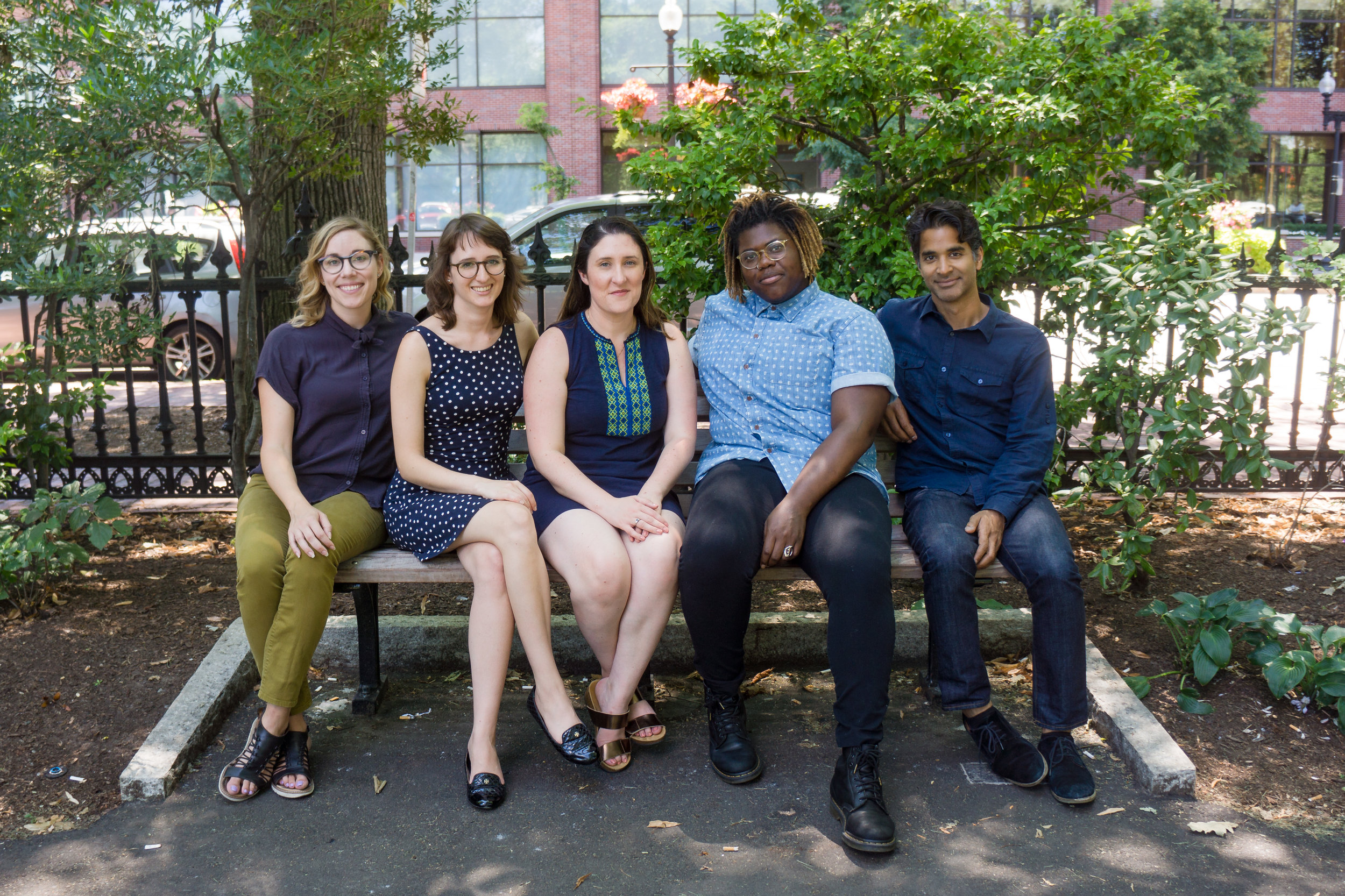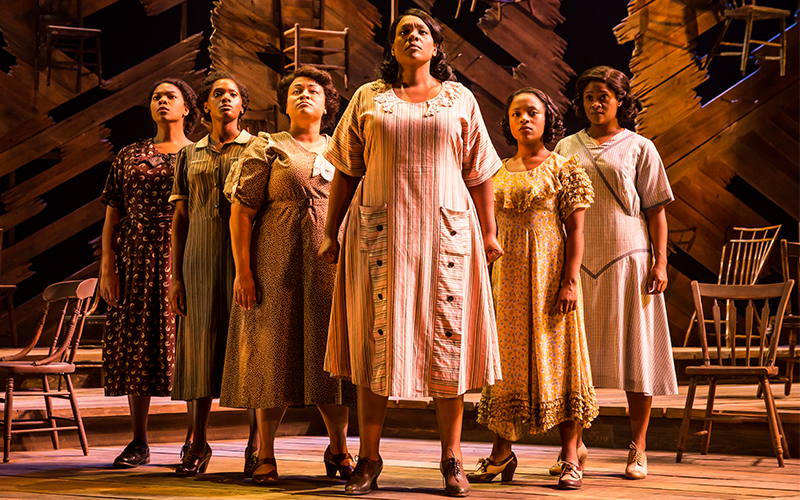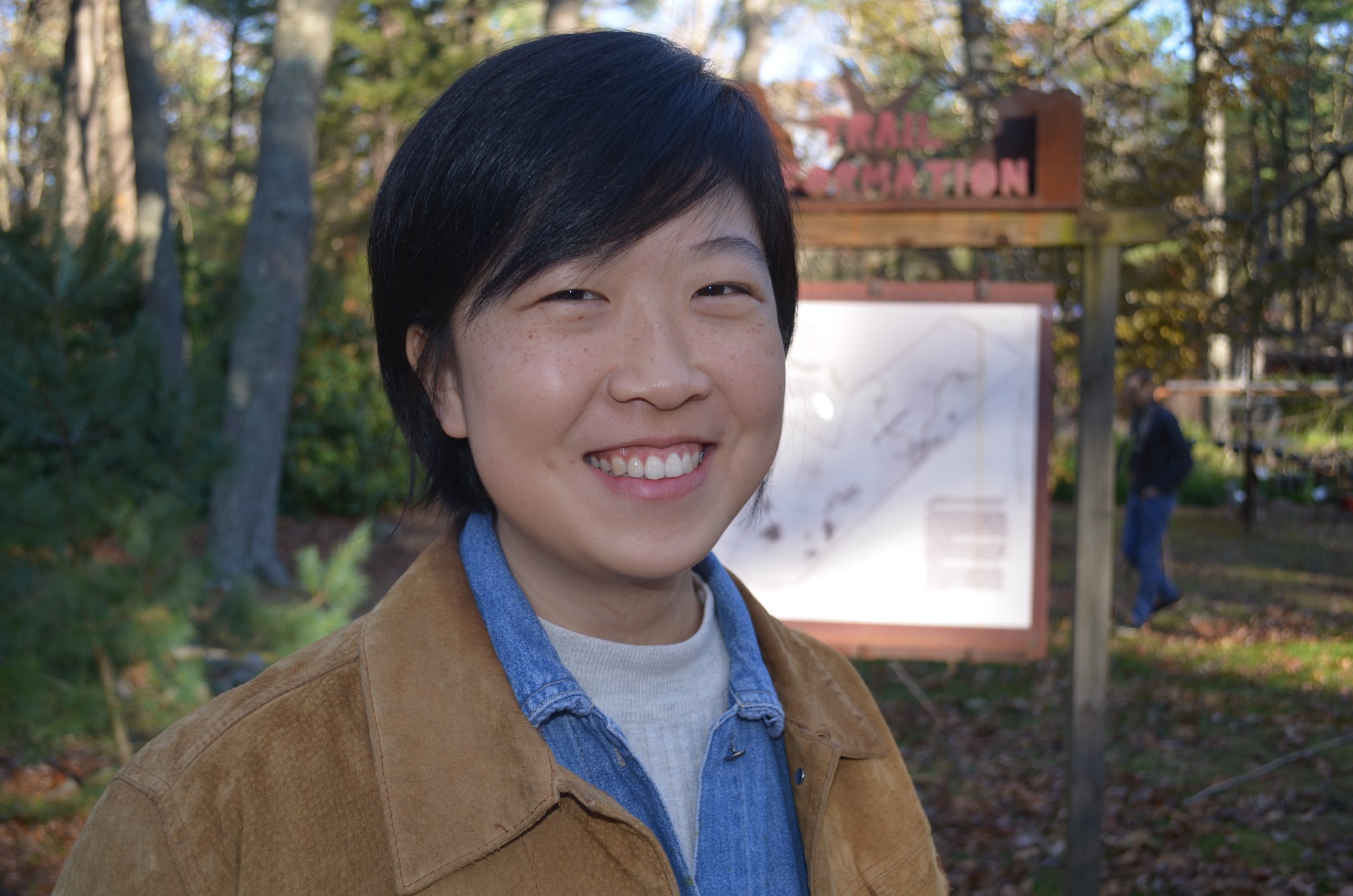How does someone convene diverse groups of people together in the same space to see a performance that is significantly culturally loaded, and therefore marginalized? This is the leading question that brought twenty arts non-profit professionals together for a roundtable discussion at the historical Boch center in downtown Boston.
Organized by the outreach staff at the Boch center, their intention is to diversify Boch theatre’s audiences, and to pack the house, particularly in time for The Color Purple, a Broadway adaptation of Alice Walker’s extraordinary novel with an all African American cast. The Color Purple was the first book by a black female writer to win the Pulitzer prize and National Book Awards in 1983. The musical adaptation of this literary touchstone is another reminder of the troubled racial history of America, as well as an homage to the resilient black women in the face of struggle throughout this history. For these reasons, the musical bears profound significance from script to stage.
The round table held by the Boch center was set up on the main stage inside the theatre. Bright, dazzling lights casted upon the beautiful grand stage indicated to me that I was among some brilliant minds and important decision makers of Boston’s non-profit community. My initial intimidation was infused with admiration. Smiling with nervousness, I shook the hands of other attendees as I introduced myself alongside my boss, the founder of Arts Connect International, Marian Brown.
Being a complete newcomer to the non-profit world, I observed with curiosity the skillful and confident networking that unfolded around me, a scene that reminded me of the importance of mutual support in the non-profit community. A few minutes later, we settled in our seats, our faces beaming with the contentment of new friendships. Boch Center’s president Josiah (Joe) Spaulding initiated a round of formal self introductions. I held my breath until it was my turn, and stumbled through my short speech with a tremble in my voice. With slight embarrassment I silently noted to myself that I had a long way to go in carrying a smooth networking conversation.
Following the introductions, Mr. Spaulding showed us an incredibly moving preview of The Color Purple. Even from the sneakpeek, I was incredibly moved by the musical’s emotional intensity. There was no doubt in my mind that this was a musical that can profoundly empower both its cast and crew, and the audiences. Mr. Spaulding shared his personal memories from over a decade ago, when The Color Purple first premiered at the theatre.
He reflected that in 2006, The Color Purple was shown alongside Jersey Boys, and it was no surprise that the audience demographics of the two shows were visibly divided: the audiences for The Color Purple was mostly black, while white audiences flocked to see Jersey Boys. This anecdote illuminated the primary objective of the round table convening, namely, how can the Boch Center be more engaging with its future programs, and specifically with The Color Purple.
One of the stakeholders present began by asking a “clarifying question” that catalyzed the momentum of the discussion: “Who exactly are we talking about when we are talking about making an institution more “engaging”?” Her question was received by a chain of nodding. We all understood the more explicit underlying questions--who is not coming to see the show? Which demographic groups are excluded?
One of the participants, who works both at a university’s student center, and as pastor at a historically black church, shared his experiences of using different approaches to attract two different demographic groups -- college students and church members. As a recent college graduate myself, I resonated with all the barriers that discourage college students from entering the theaters: we depend almost entirely on social media for information, and we’re almost always broke. Just last week, my roommate, a true theatre enthusiast, was complaining to me about the impossible ticket prices that forced her to choose between two of her favorite shows.
As the topics of affordability and social media marketing progressed, the discussion arrived at a collective agreement that The Color Purple was undeniably a difficult show to market. One of the participant laid bare the fundamental issues when it comes to marketing a show like The Color Purple. “The problem” she stated, “is not how we can get more people to see the show, since the show is already well-received among the African American audiences. The problem is how can we bring the white people to come see this show.”
This participant who so unapologetically hit the nail in the head was, in my opinion, the most articulate and impactful participant of the day. With infectious enthusiasm, she proposed that the Boch Centre shifts its marketing narrative to confront the difficult subject matter head-on, especially given its pertinence to the current political climate. Her speech not only laid bare the bigger political impact of the revolutionary show, but also enlightened the real power of theatre as an art form.
She remarked that theatre is not a place of opulence and good-manners, but instead, it’s about bringing people from different backgrounds to sit next to one another. While this task is ambitious, we could all agree that to realize it requires a total paradigm shift that demands more from big institutions like the Boch Center. To start with, the marketing department at the Boch Center should take a firm stance on the progressive message they wish to promote through the show. It shouldn’t hesitate to communicate explicit messages such as: “Dear white audiences: by coming to see the show, you are creating changes.”
With gratitude and hopeful visions for the future, the round table discussion concluded, and so did my first public event with ACI. As an intern who’s new to the nonprofit sector, it was an eye-opening experience. I was impressed and slightly surprised with the degree of openness of each participant, despite the formality and seriousness of the setting. Although many of them didn’t know each other well, they didn’t shy away from offering constructive criticisms and speaking out about what they found problematic.
As we exited the theatre hall, Marian and I talked about other lingering questions that continued to unsettle us-- questions that perhaps couldn’t be answered at the discussion, within the confines of the opulent theatre. We discussed that while it was important for large institutions like the Boch to enhance diversity and audience engagement agendas, what’s equally important is the reallocation of resources to smaller institutions whose works empower underrepresented demographic groups, which is currently almost non-existent in the Boston arts funding landscape.
Personally, I was left contemplating some questions that I still couldn’t find the answers for, like: Even if theatre becomes significantly more affordable for millennials and students like myself, will it make its way among our entertainment of choice? In other words, thinking about theatre as a cultural construction: what is the extent of its capacity to engage audiences, especially considering the fact that audience behaviors are already coded by their cultural conditioning?
Furthermore, how does theatre’s physical construction act as a mechanism that defines, or, in certain cases, confines the art form? Although I don’t have answers to these questions yet, I believe that while institutions like the Boch Center focuses on issues of representation within the theatre, it is perhaps also important to look beyond the walls of grandiose performance halls.
There are actions that can be taken by art institutions and audiences alike in support of other community rooted art forms might be equally, if not more effective in congregating different communities, bodies and ideas.
